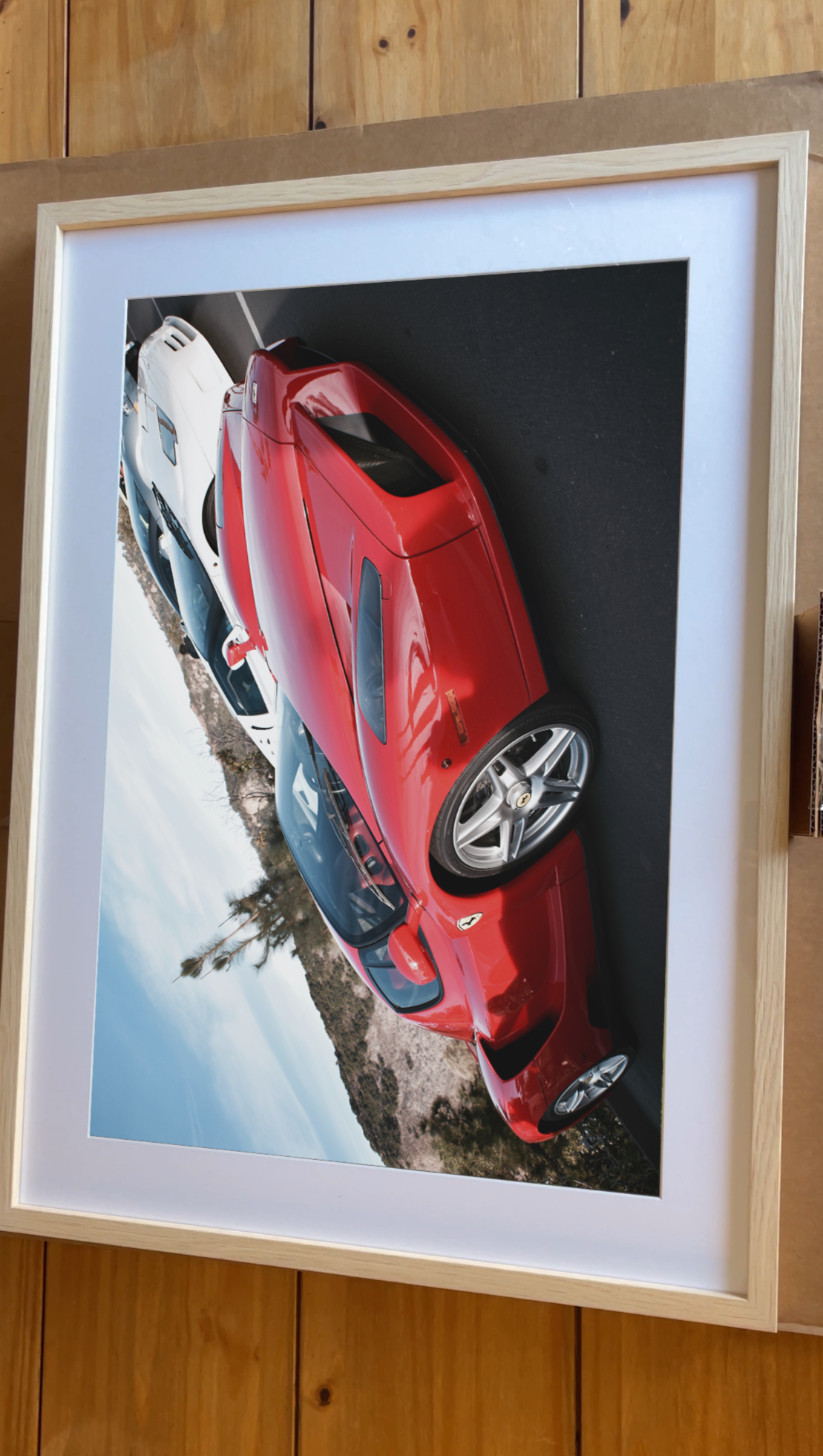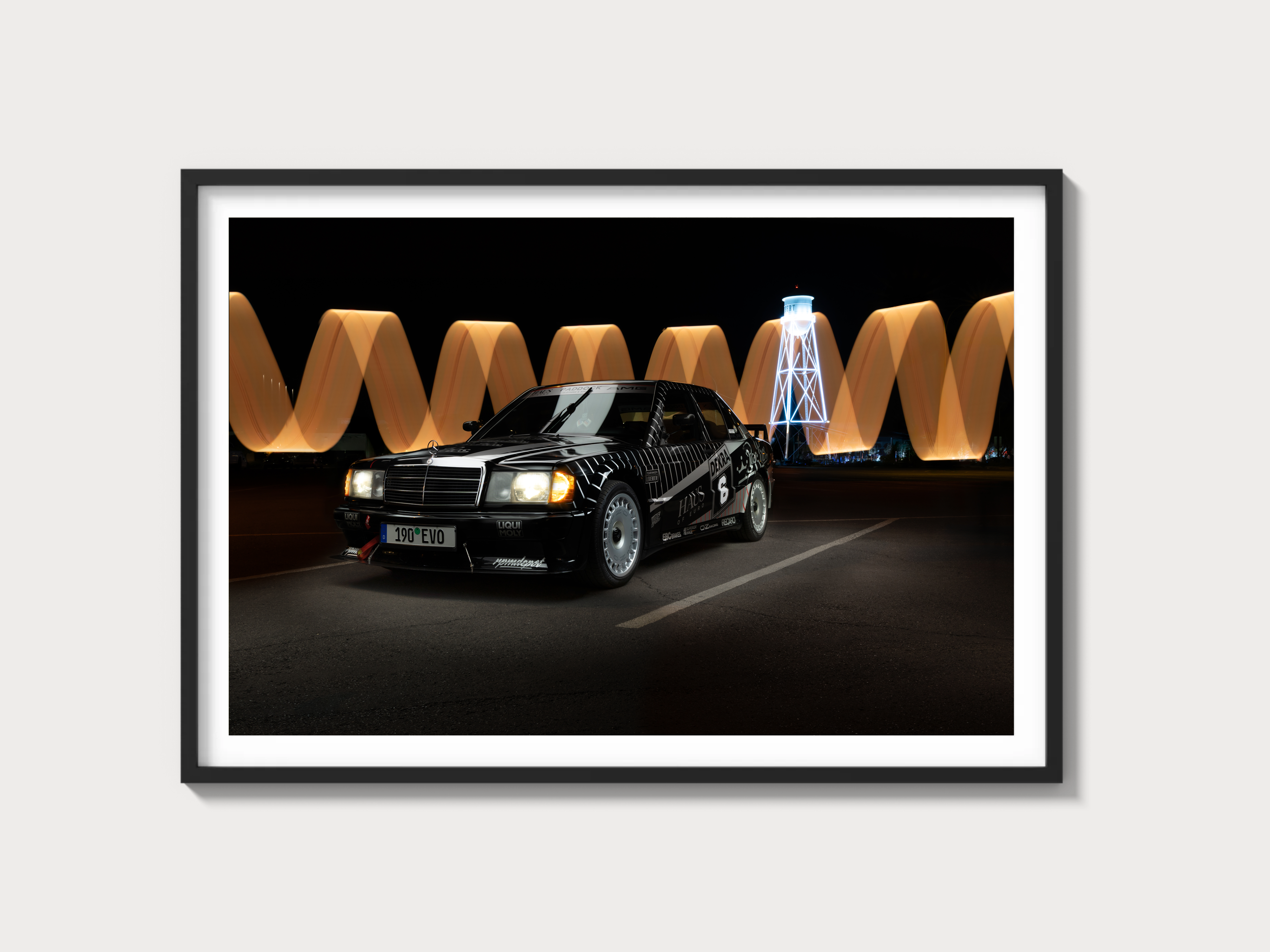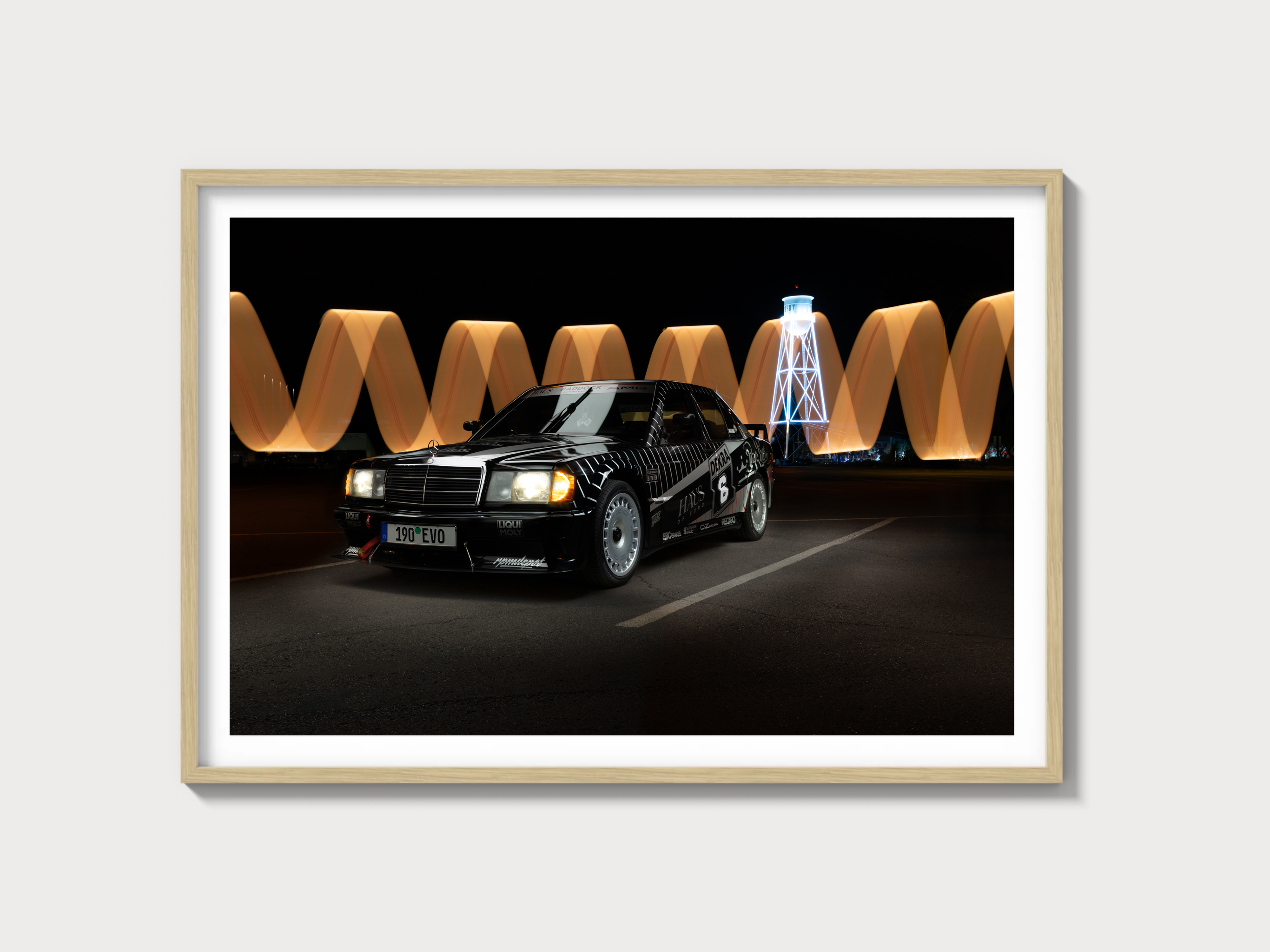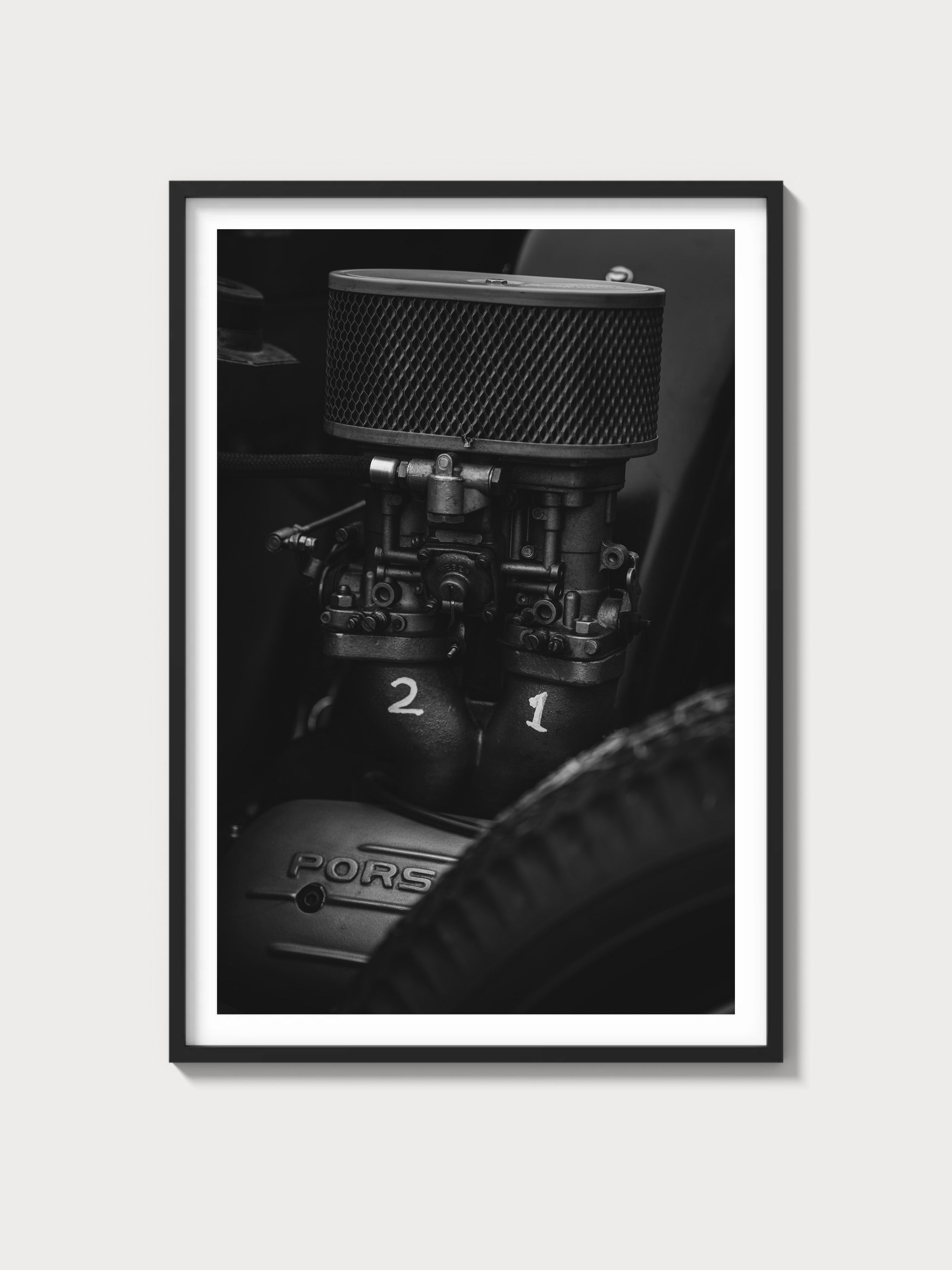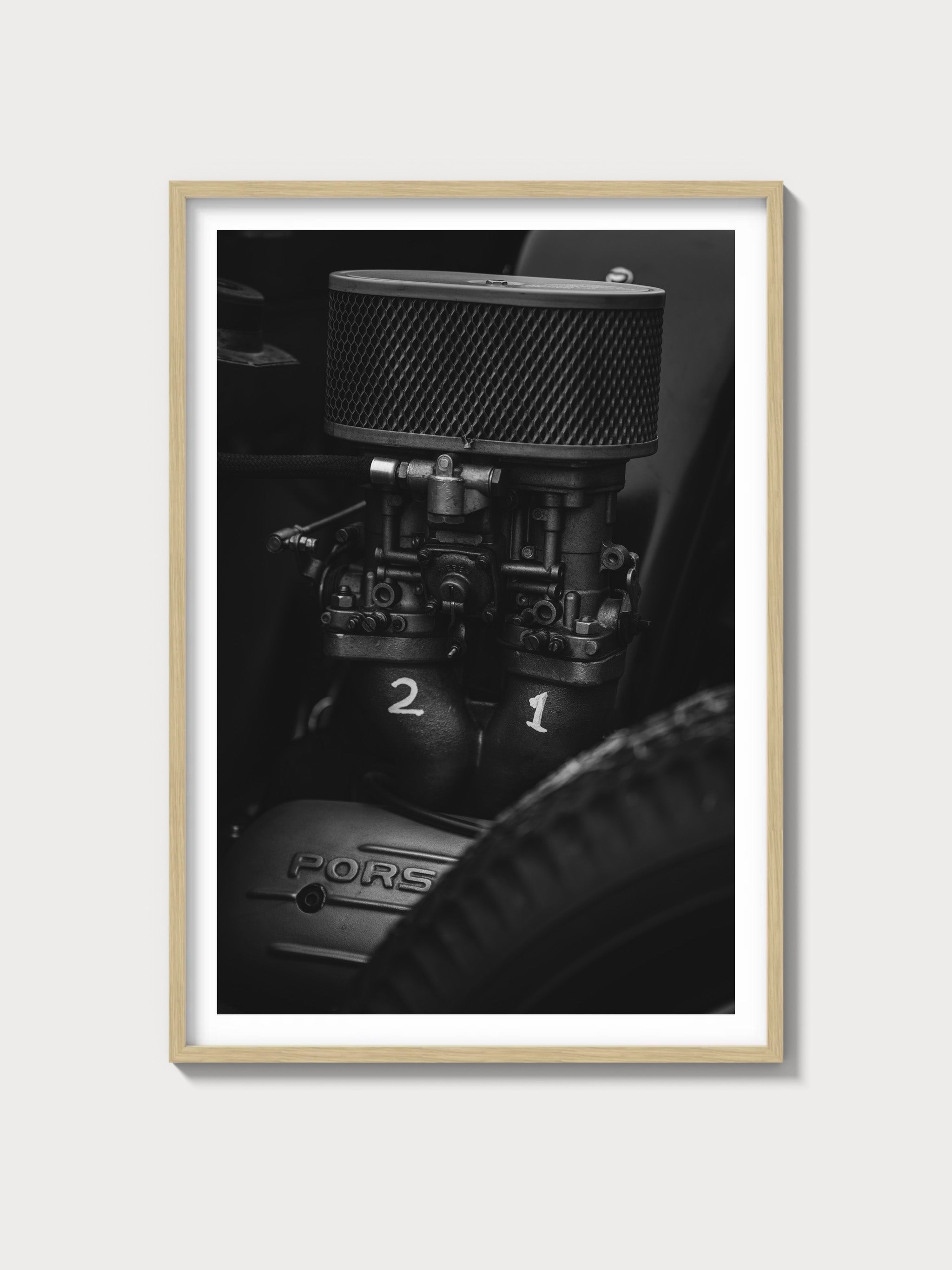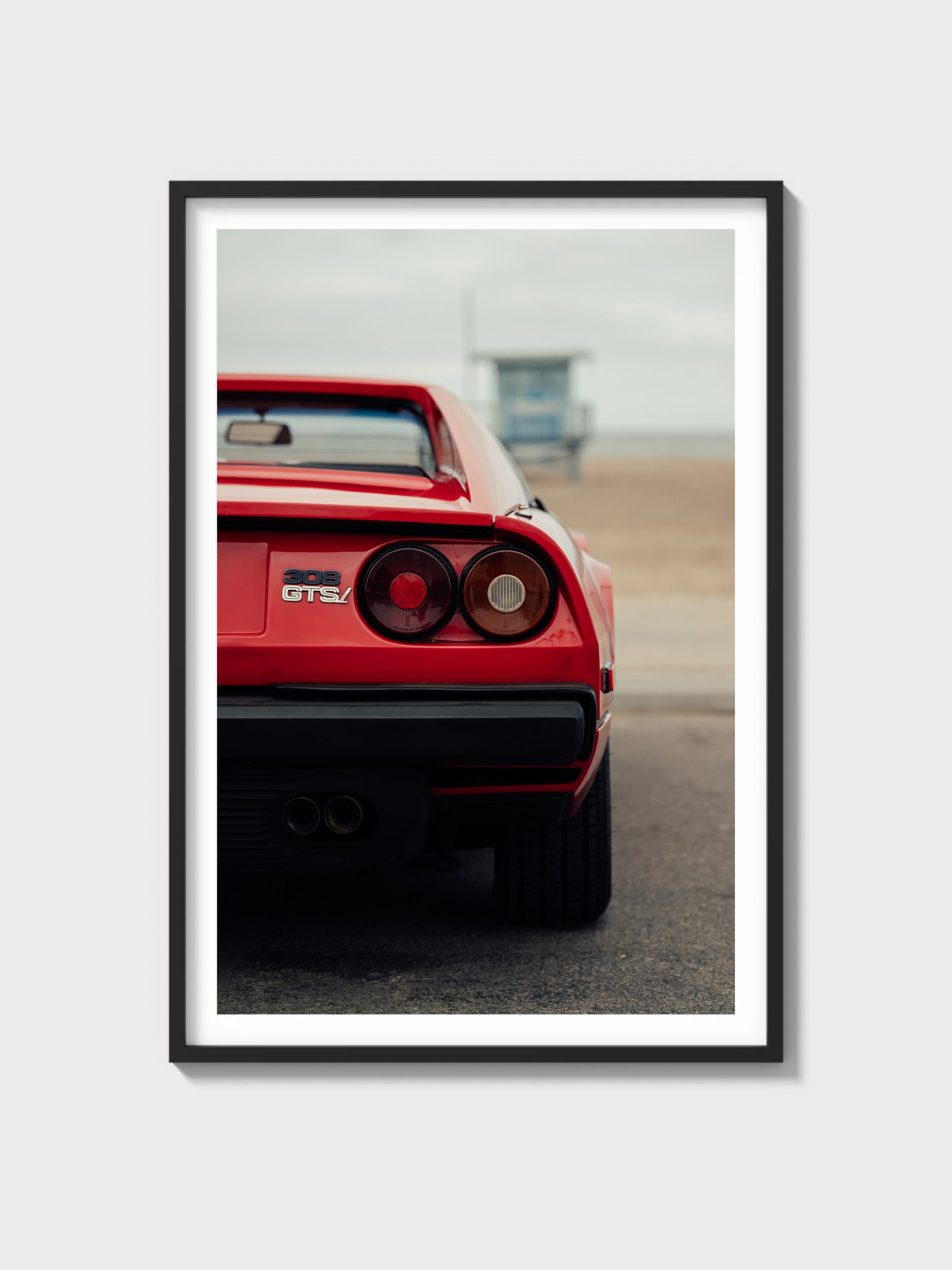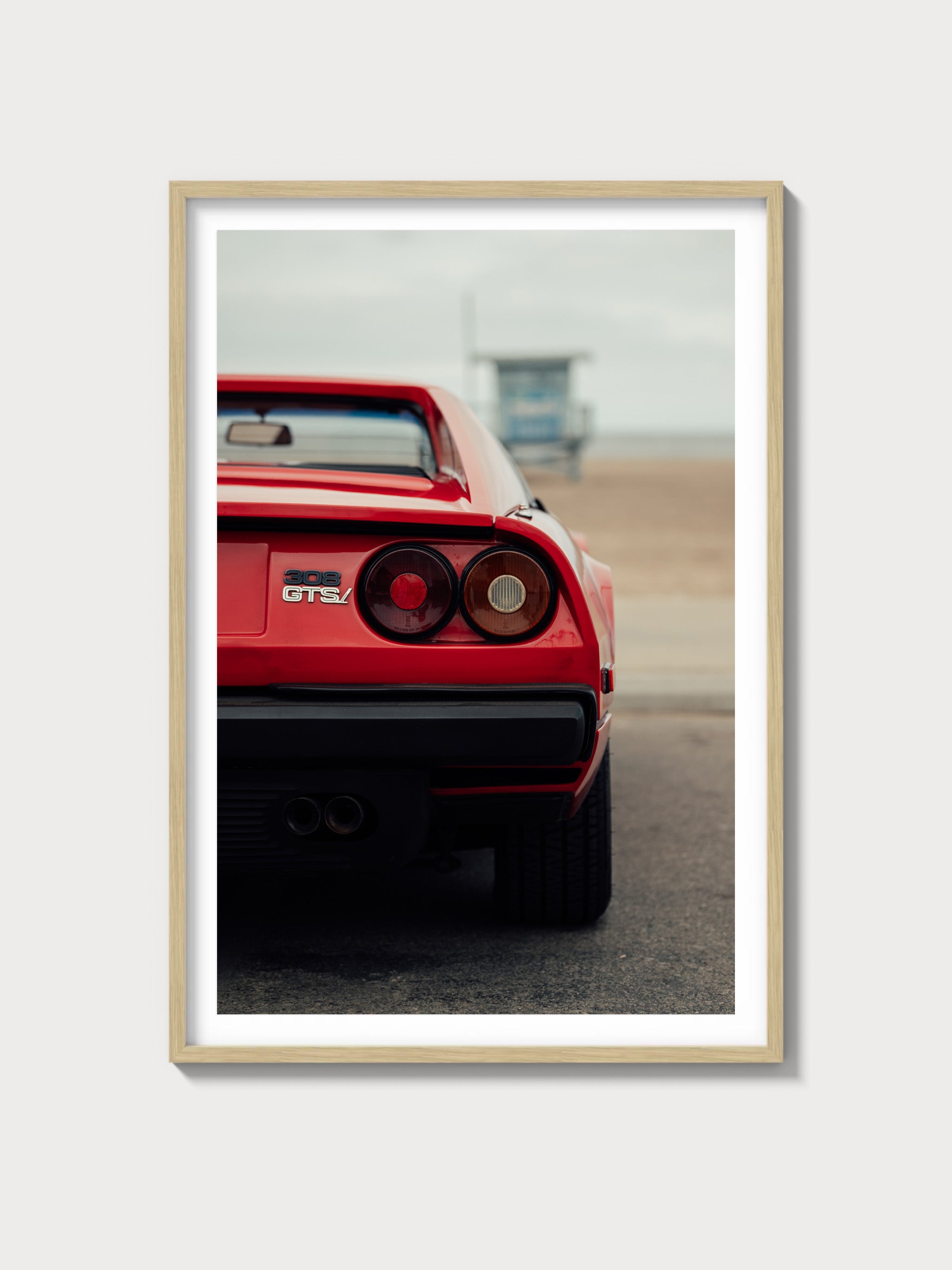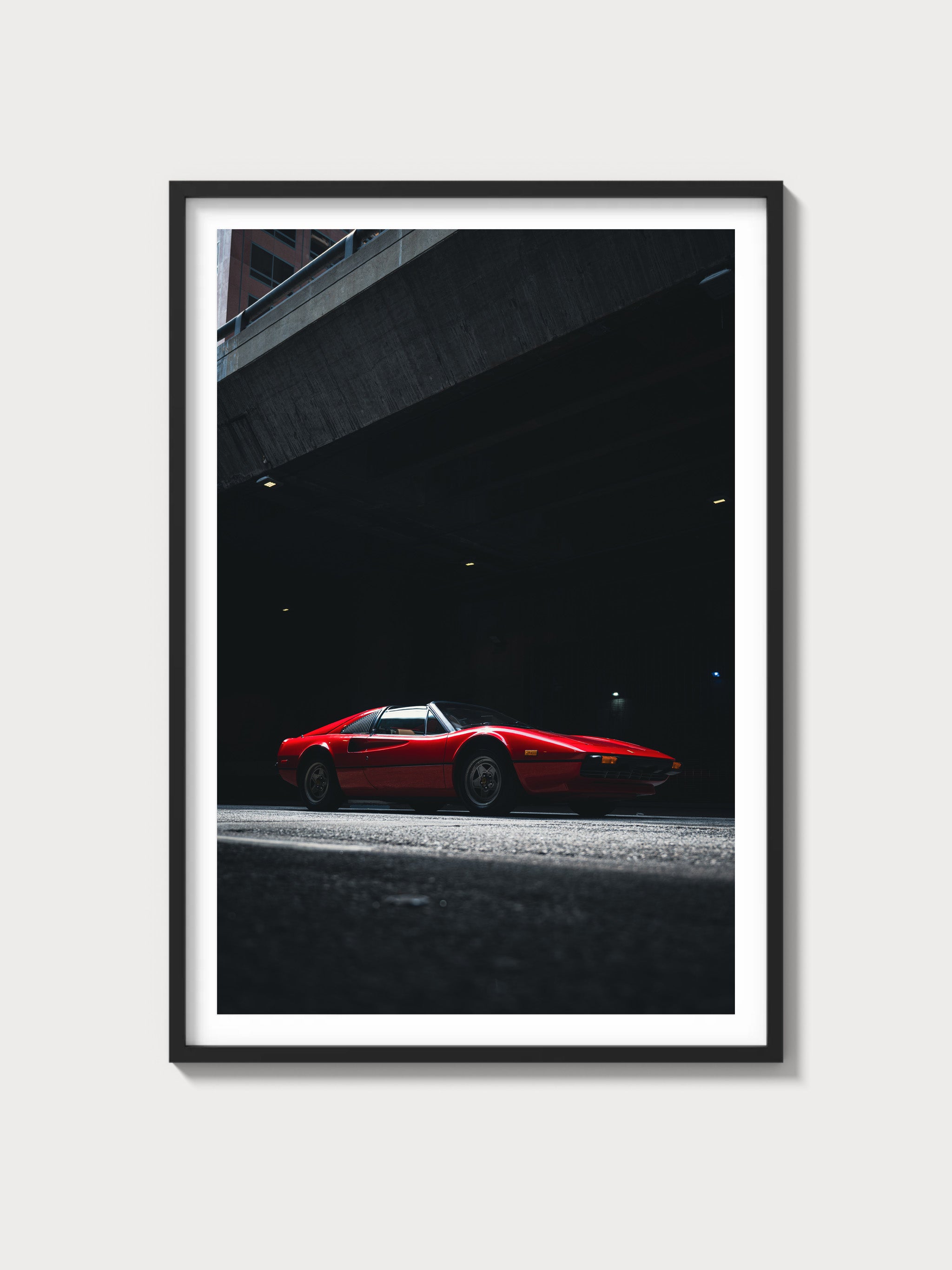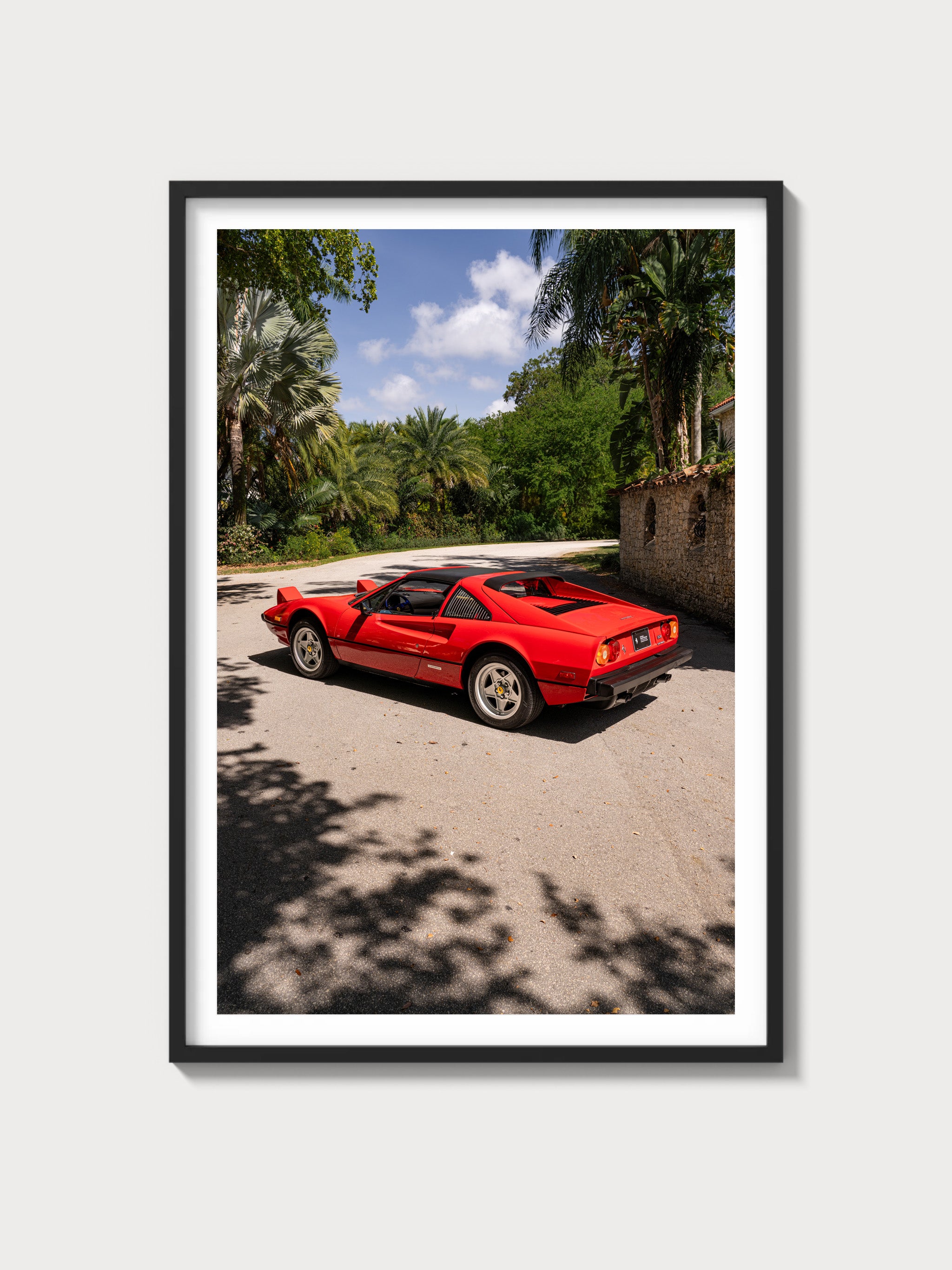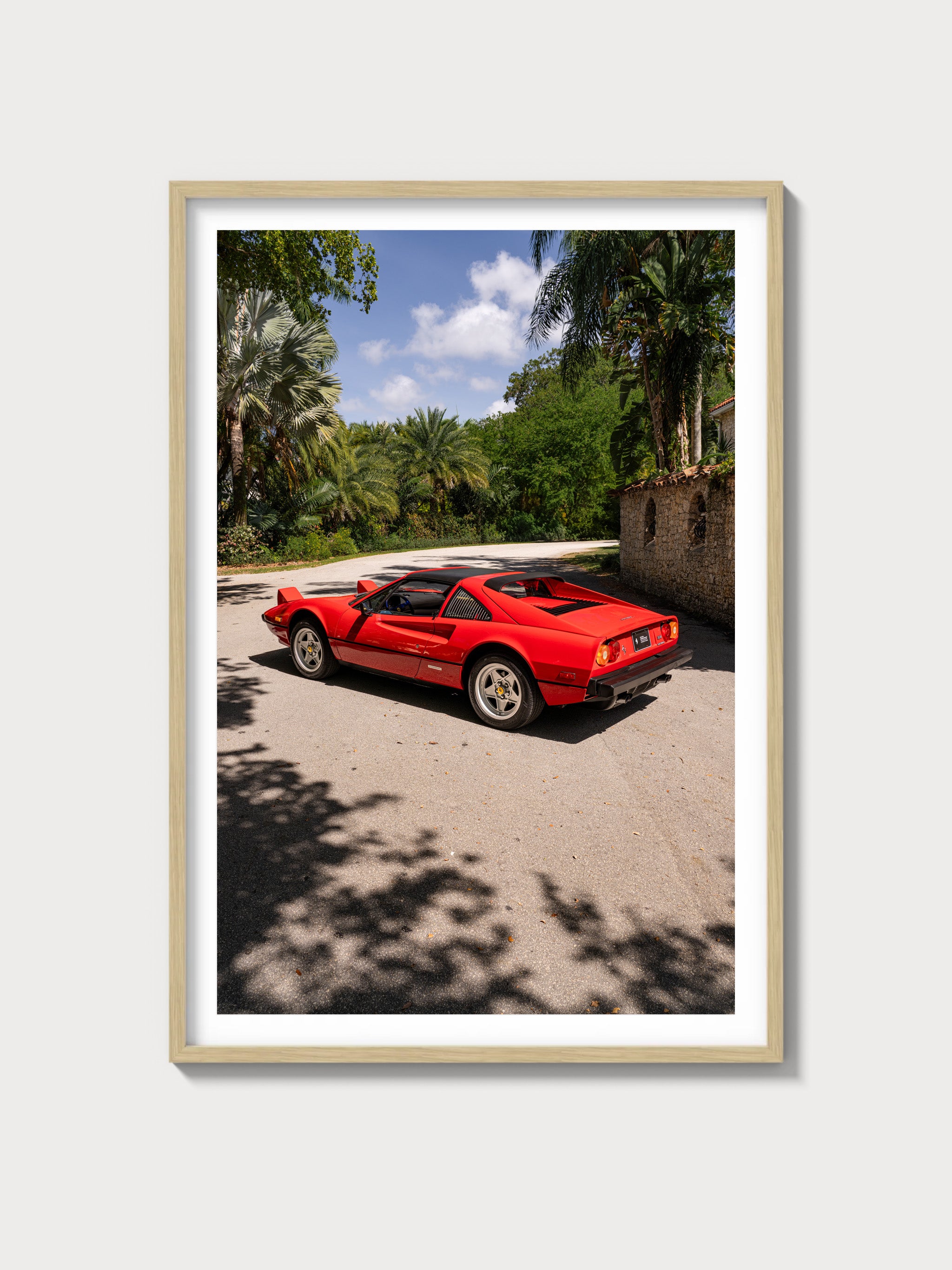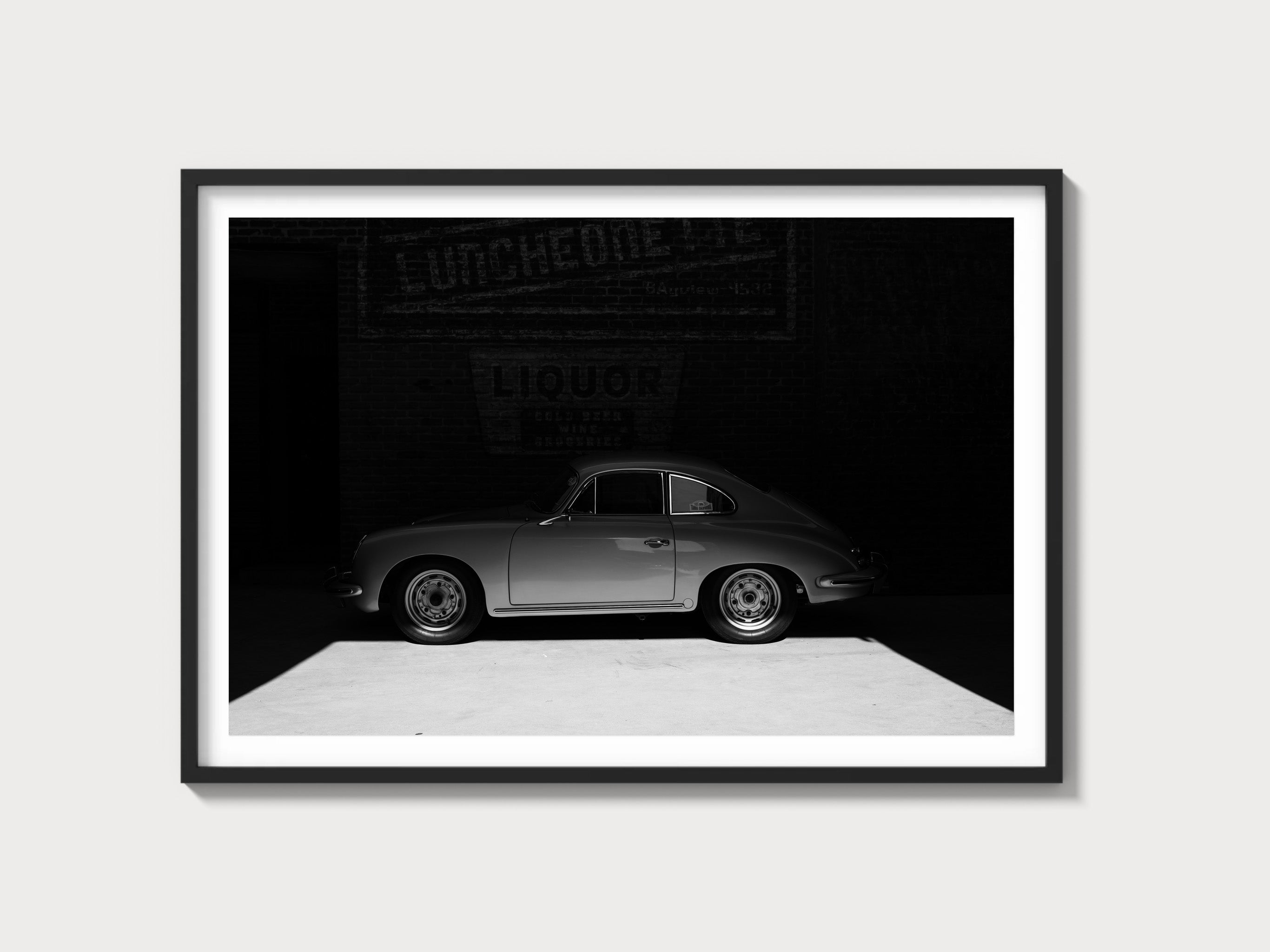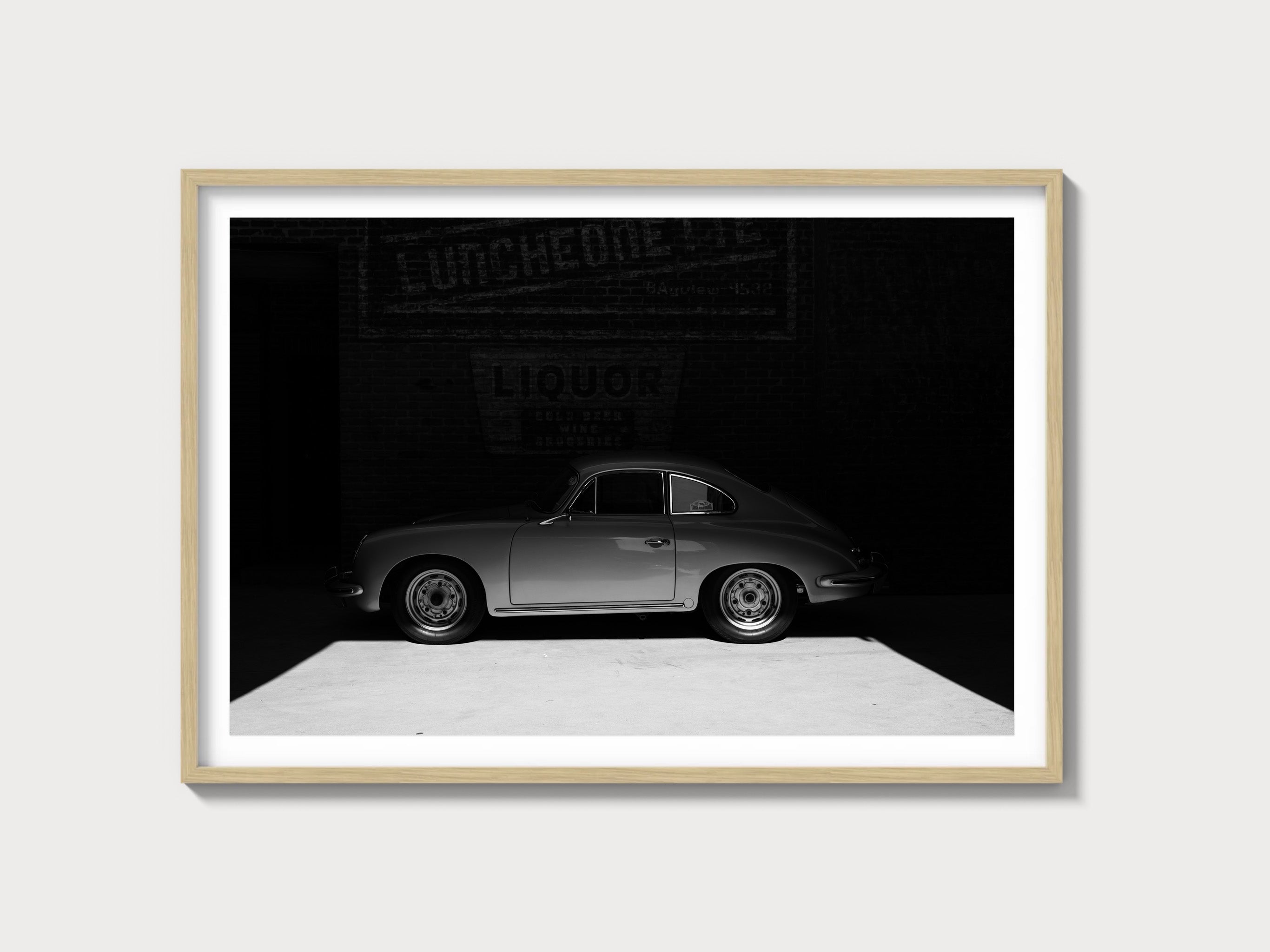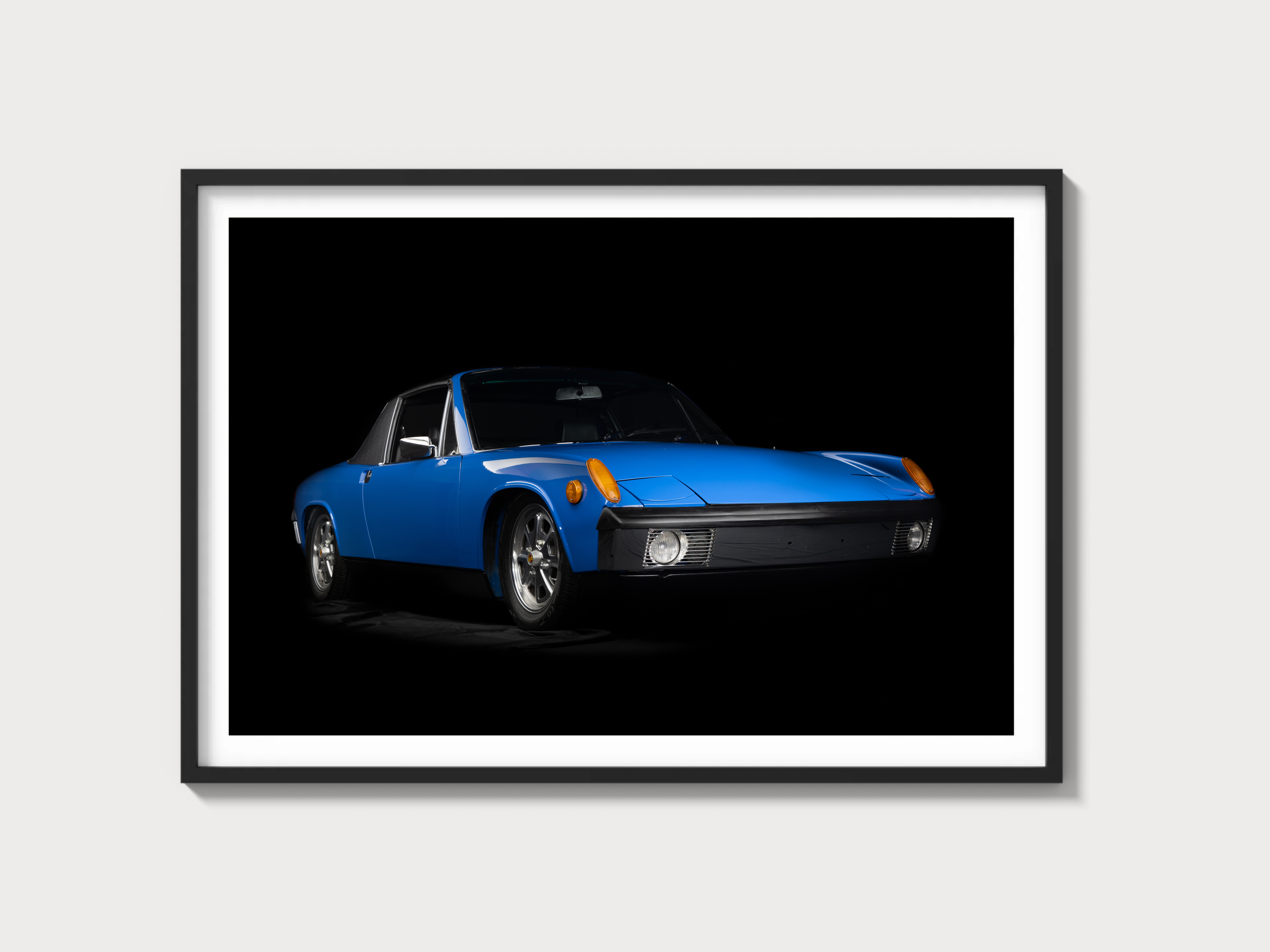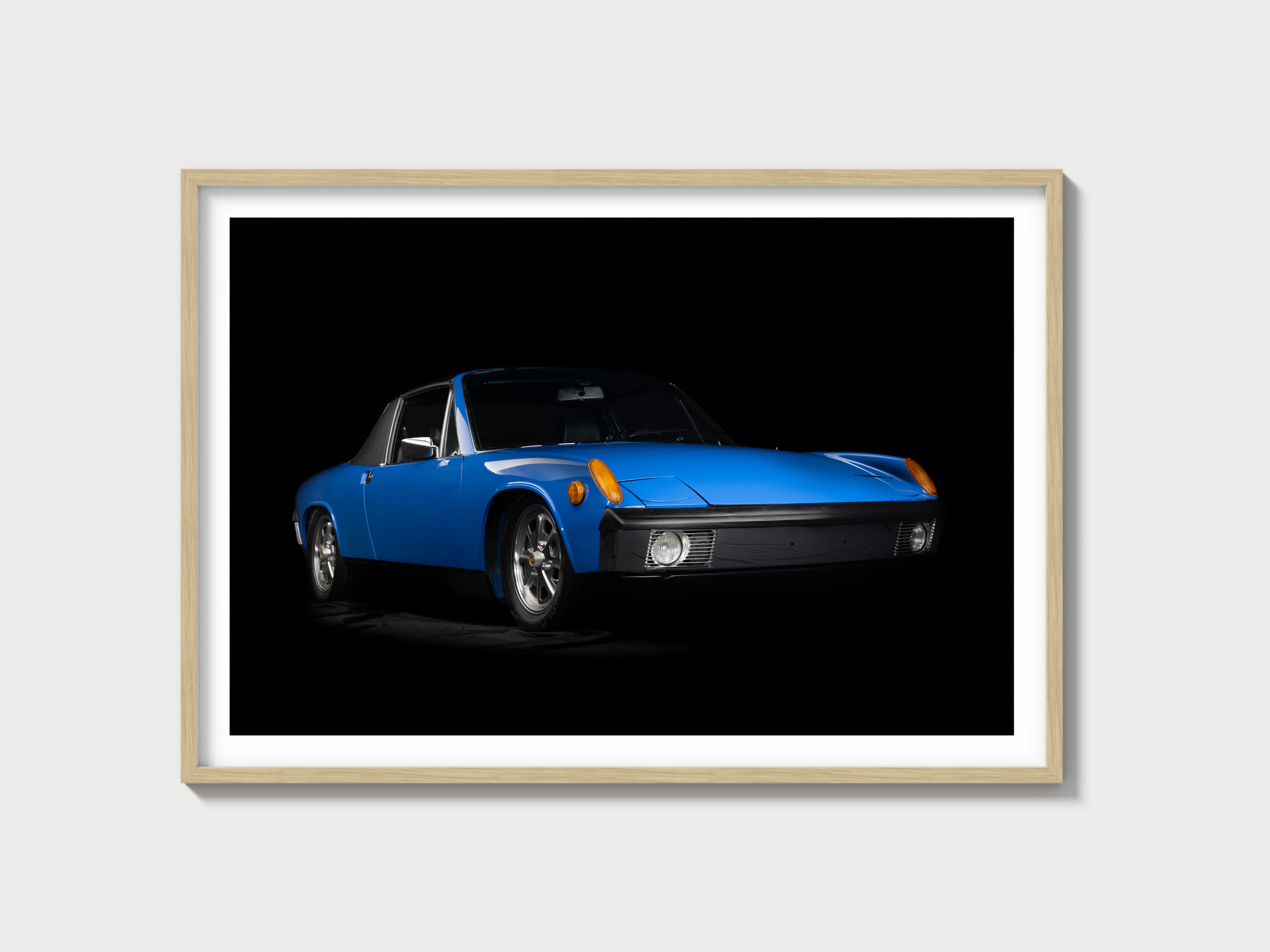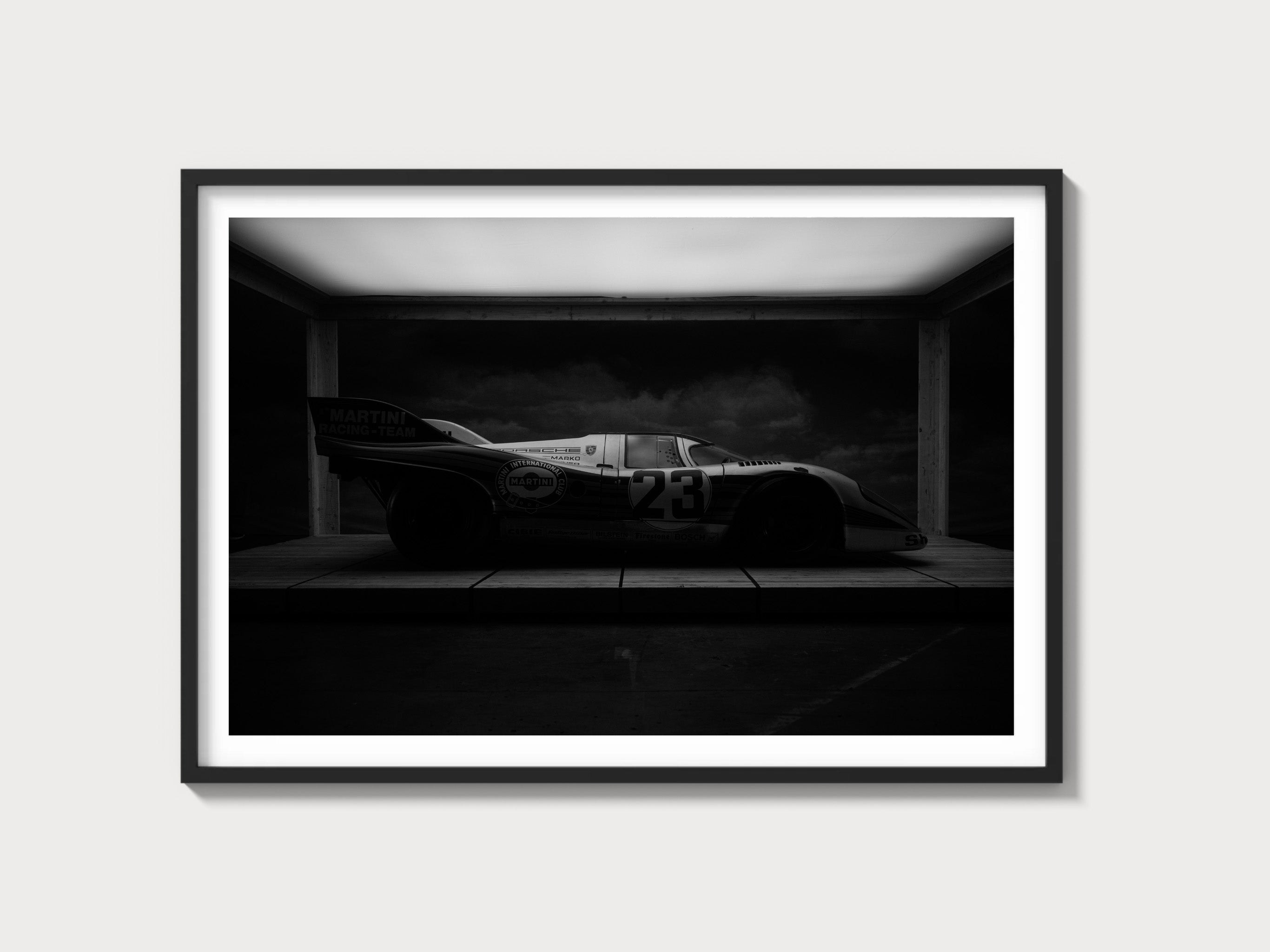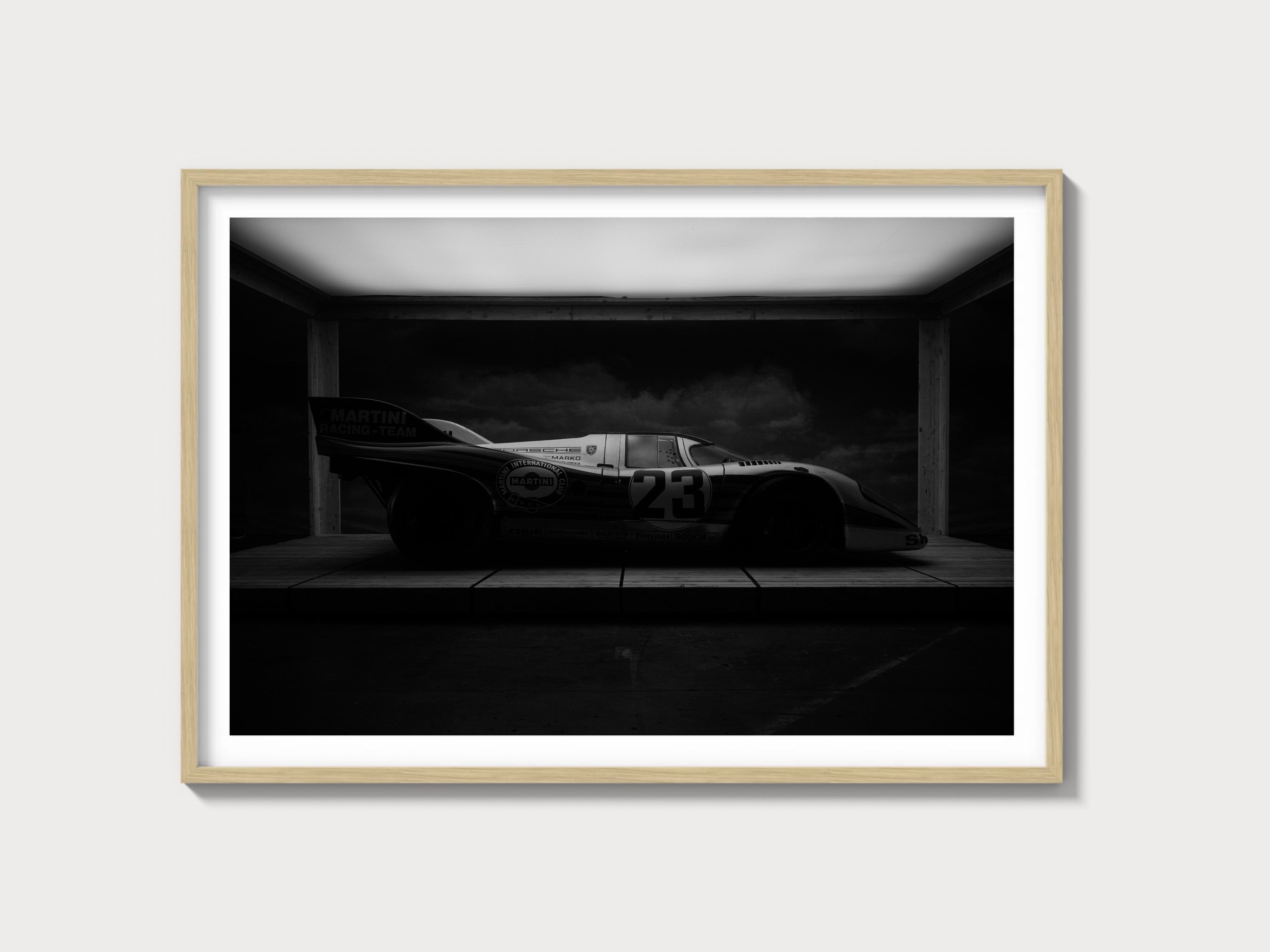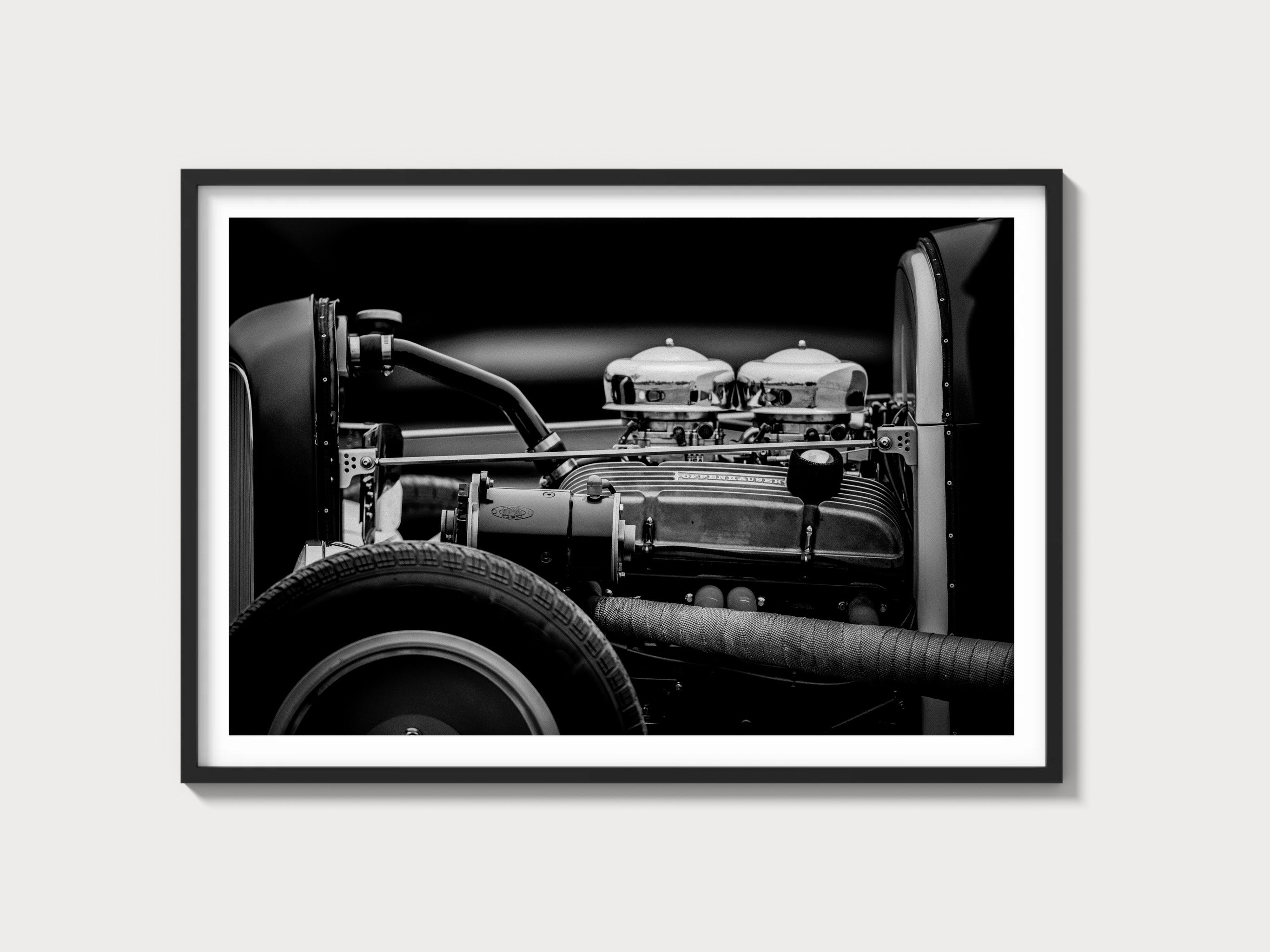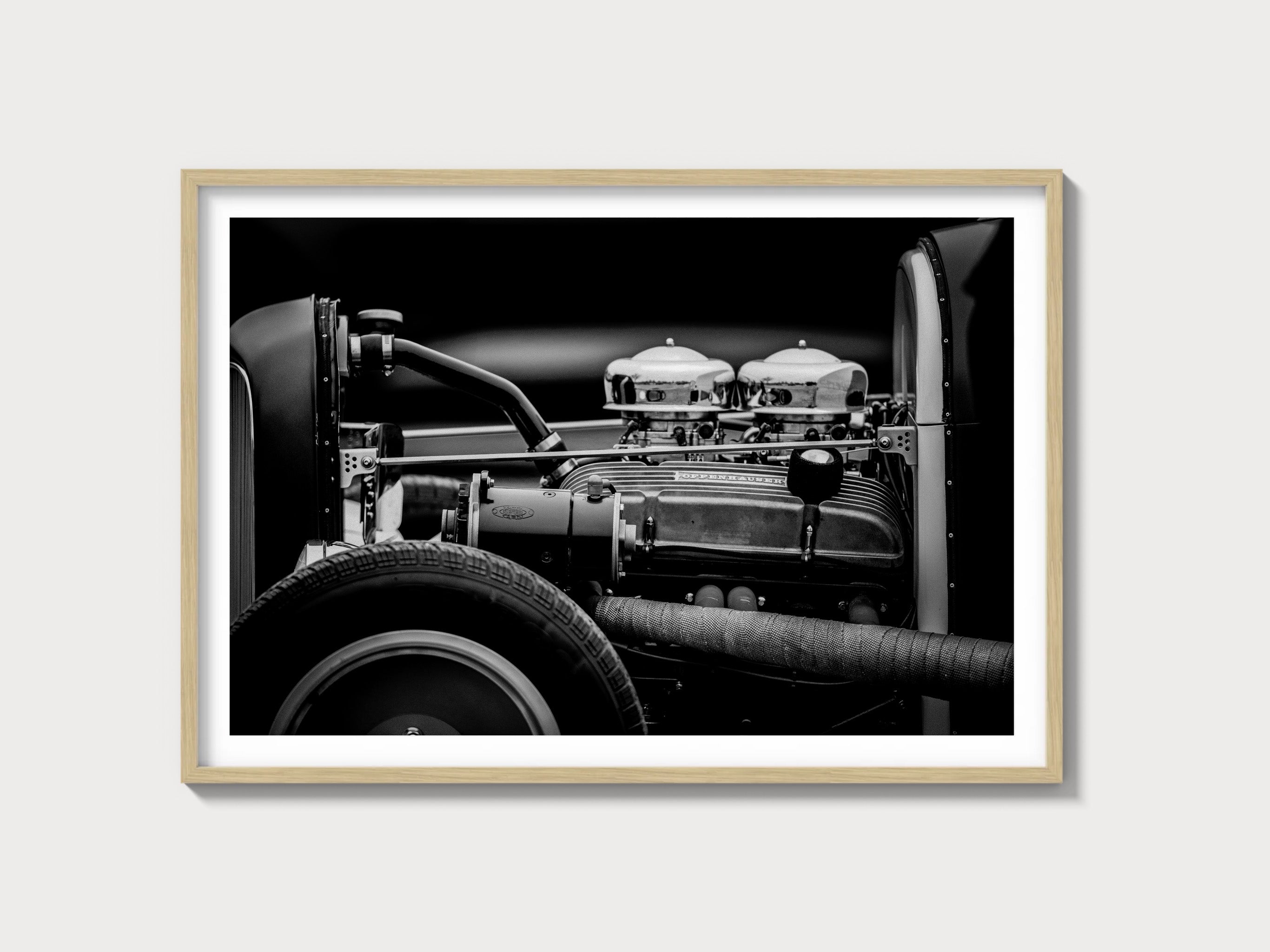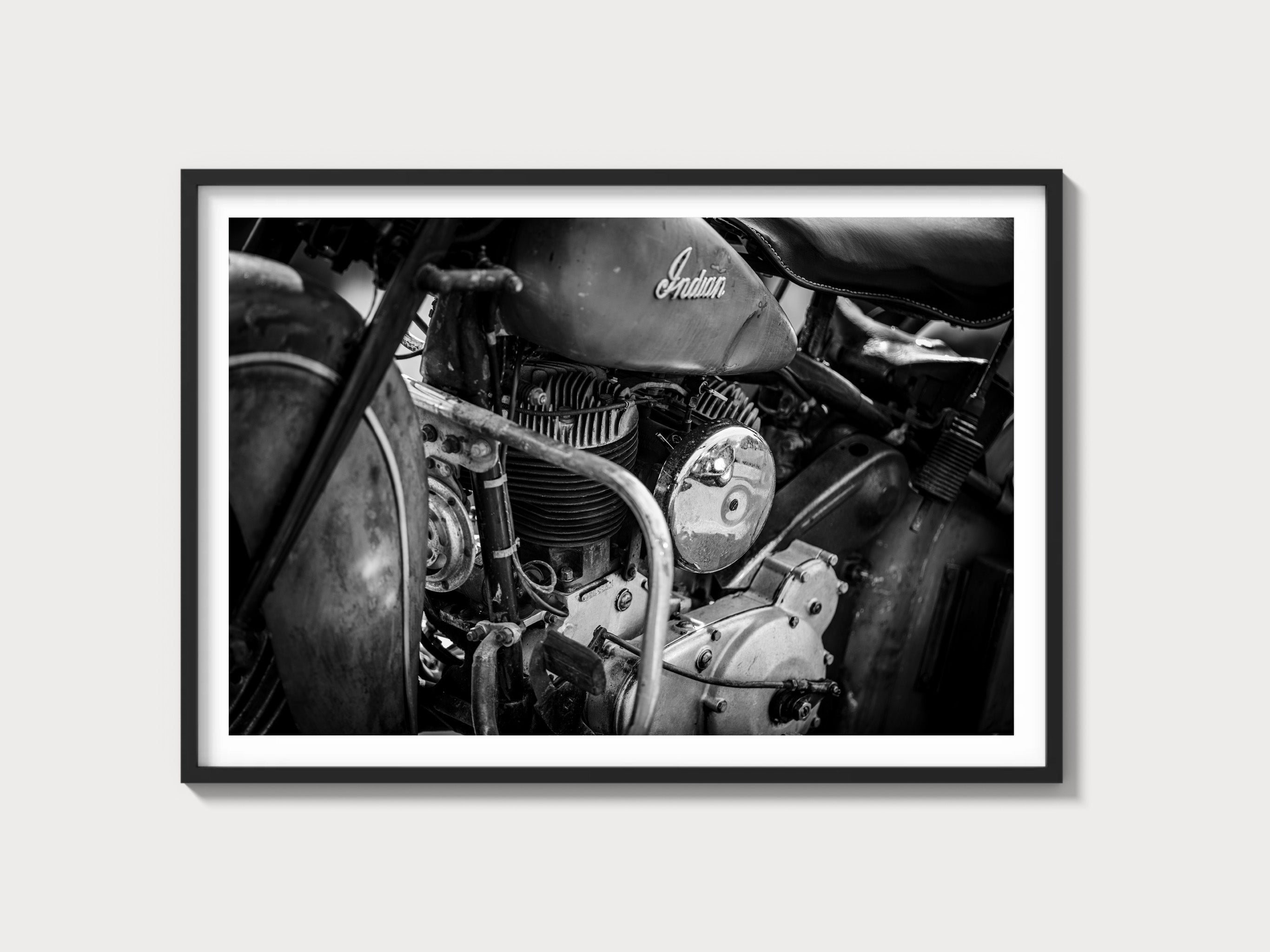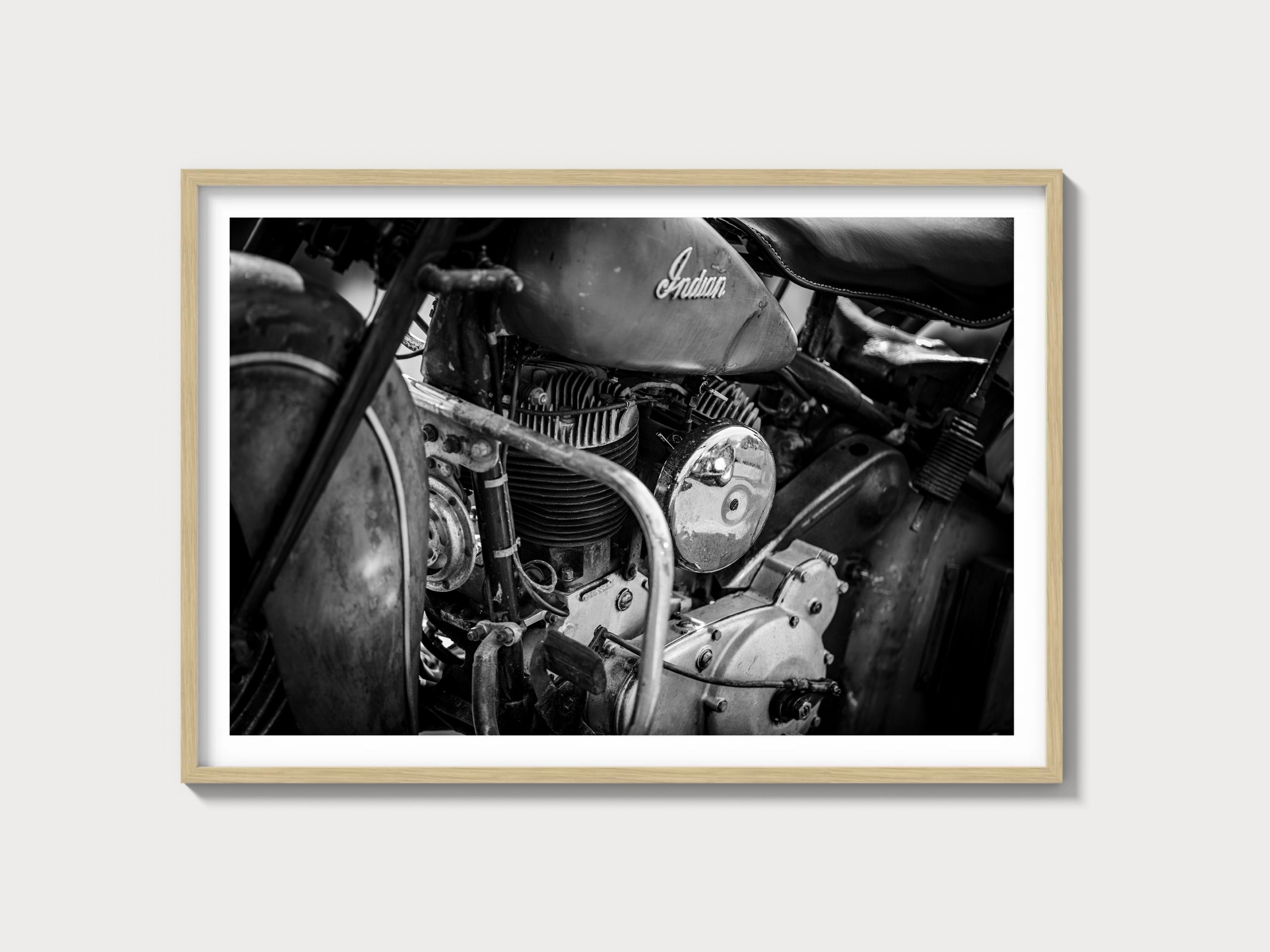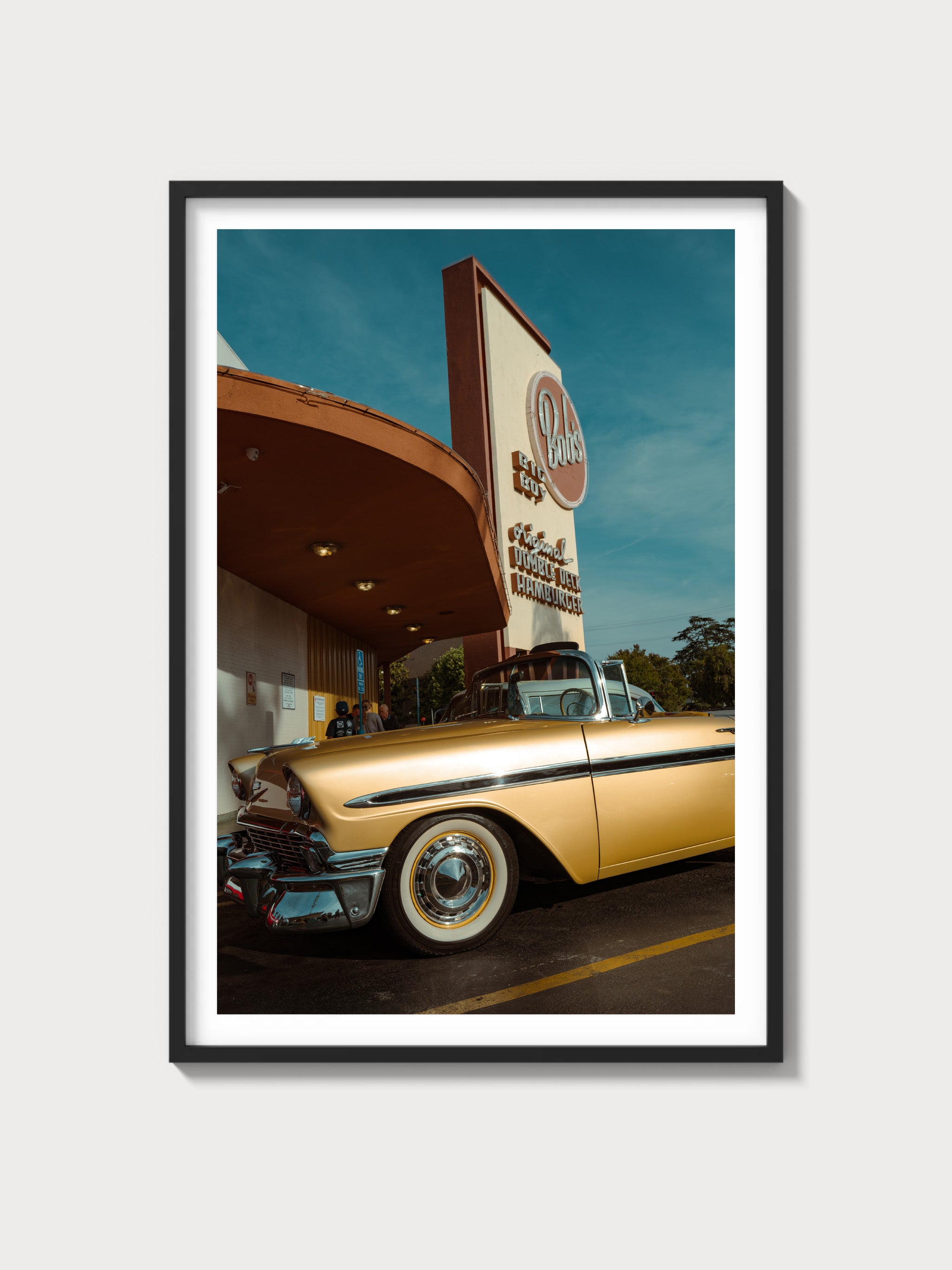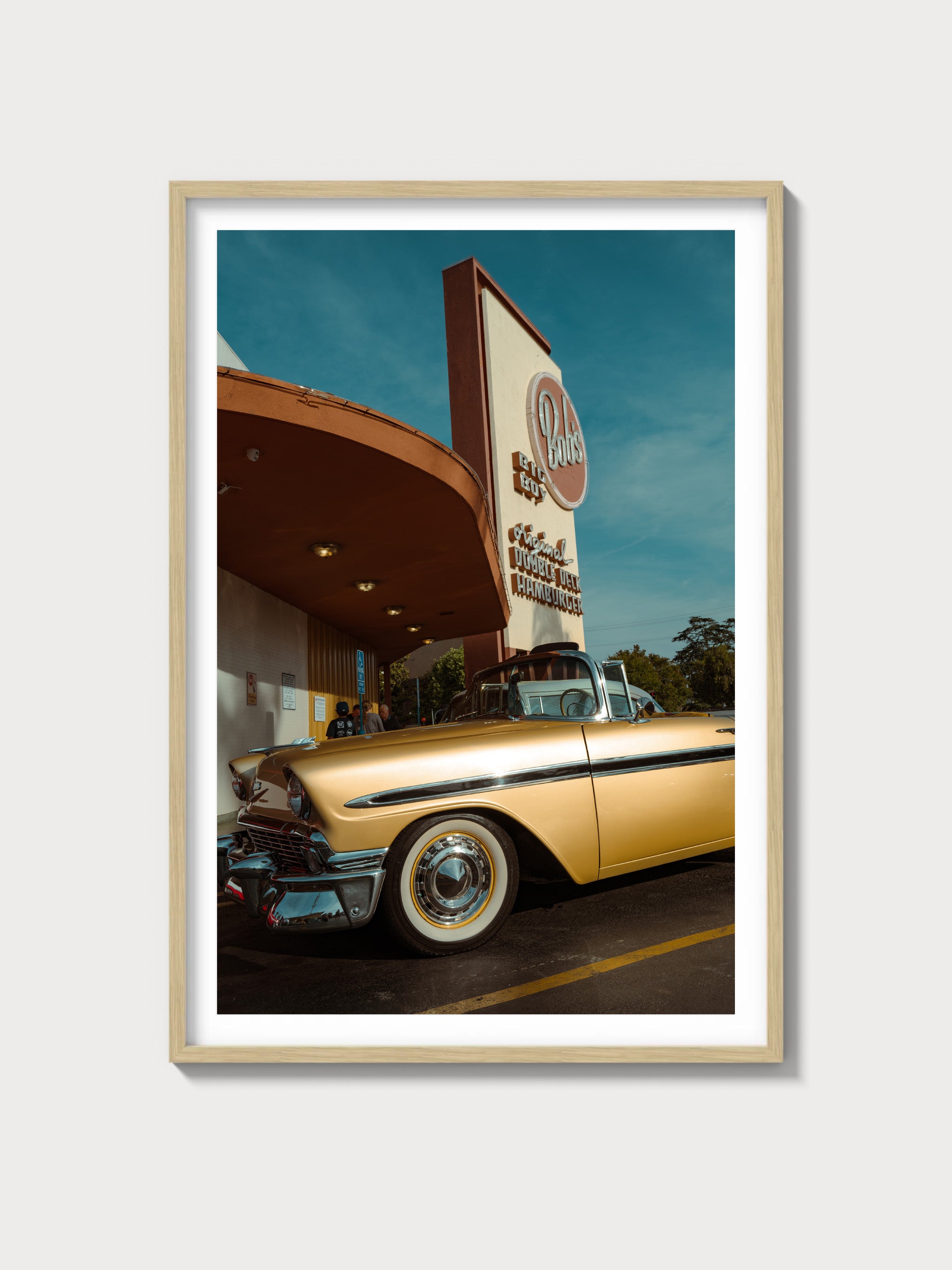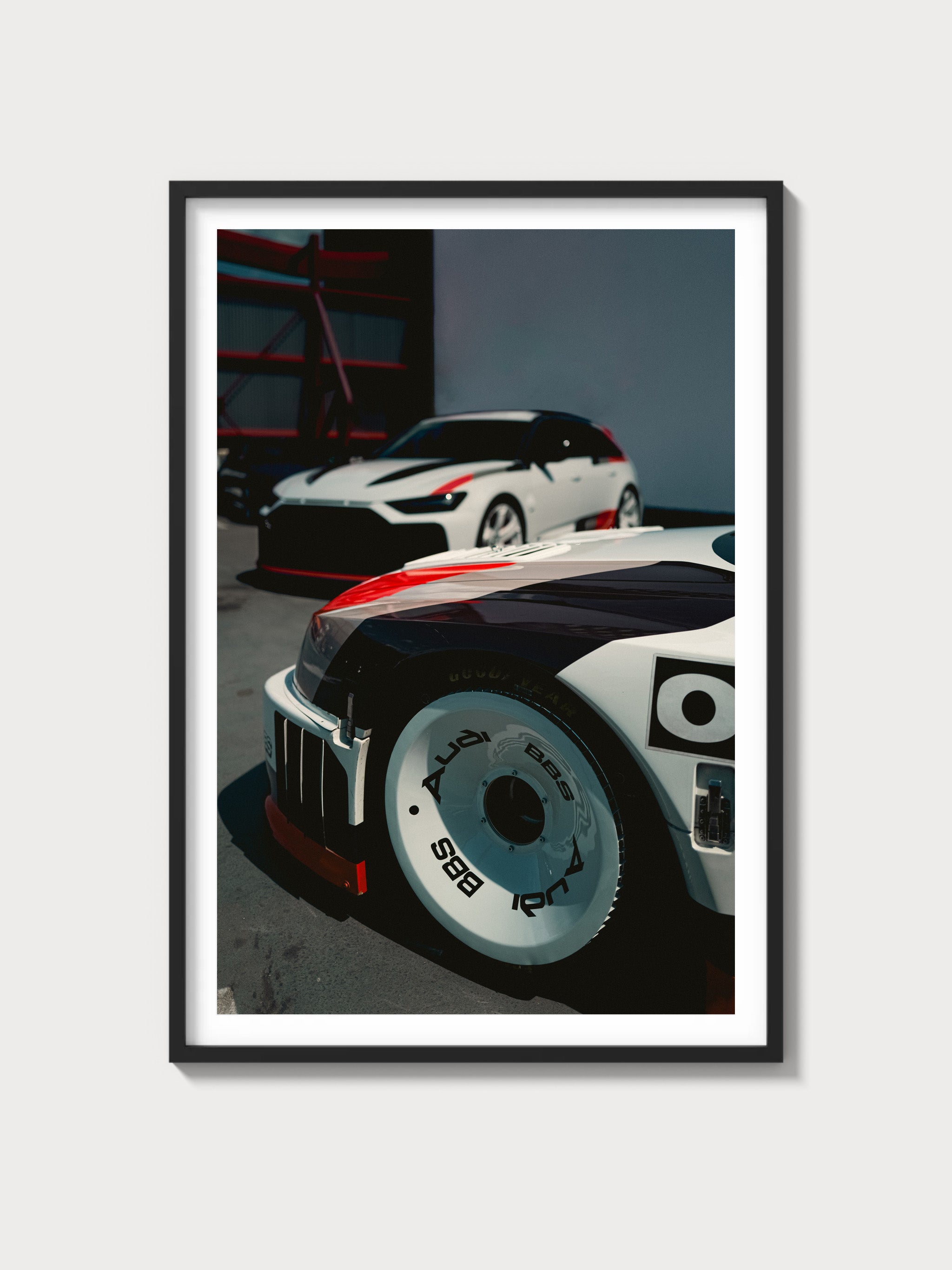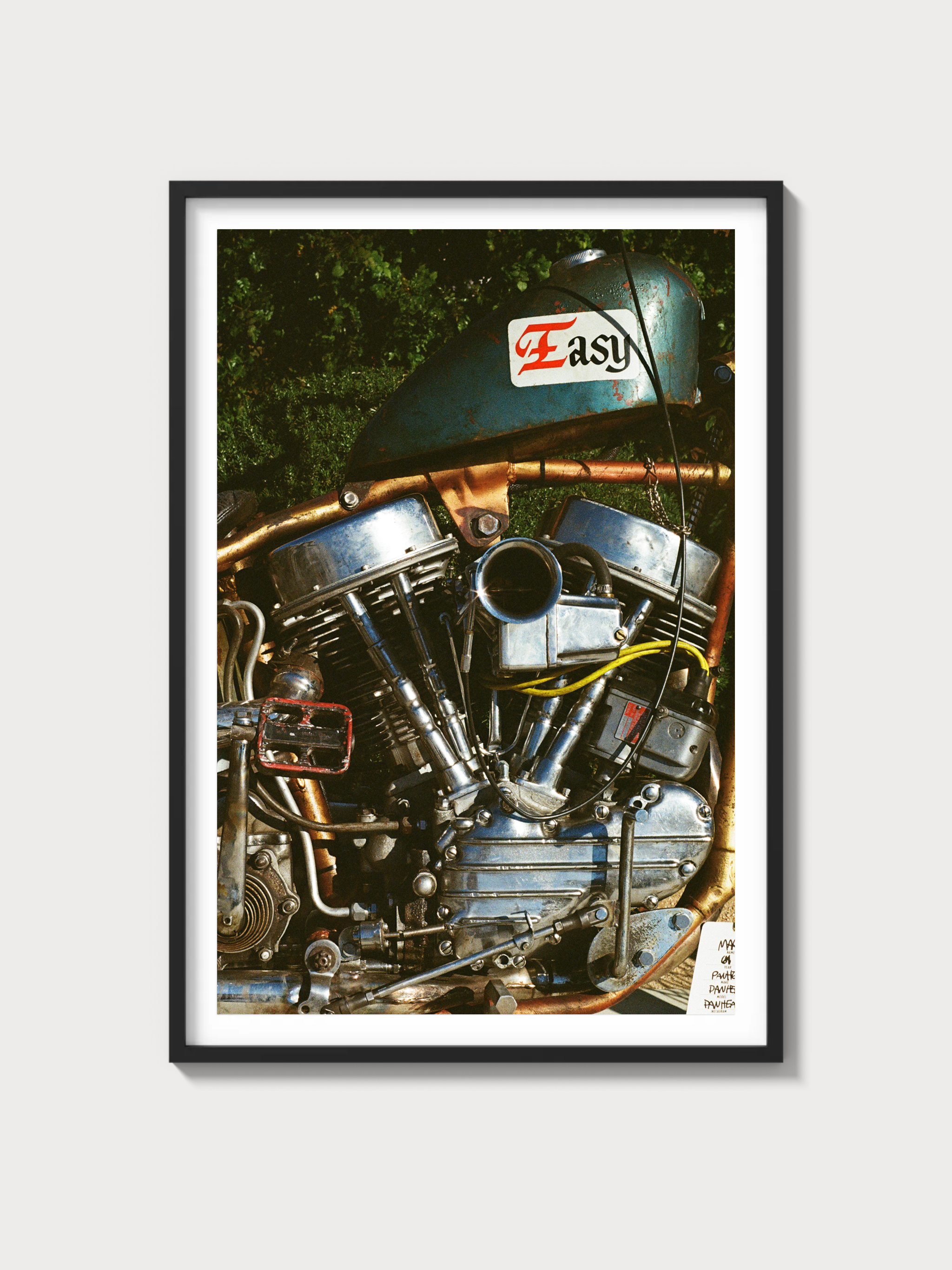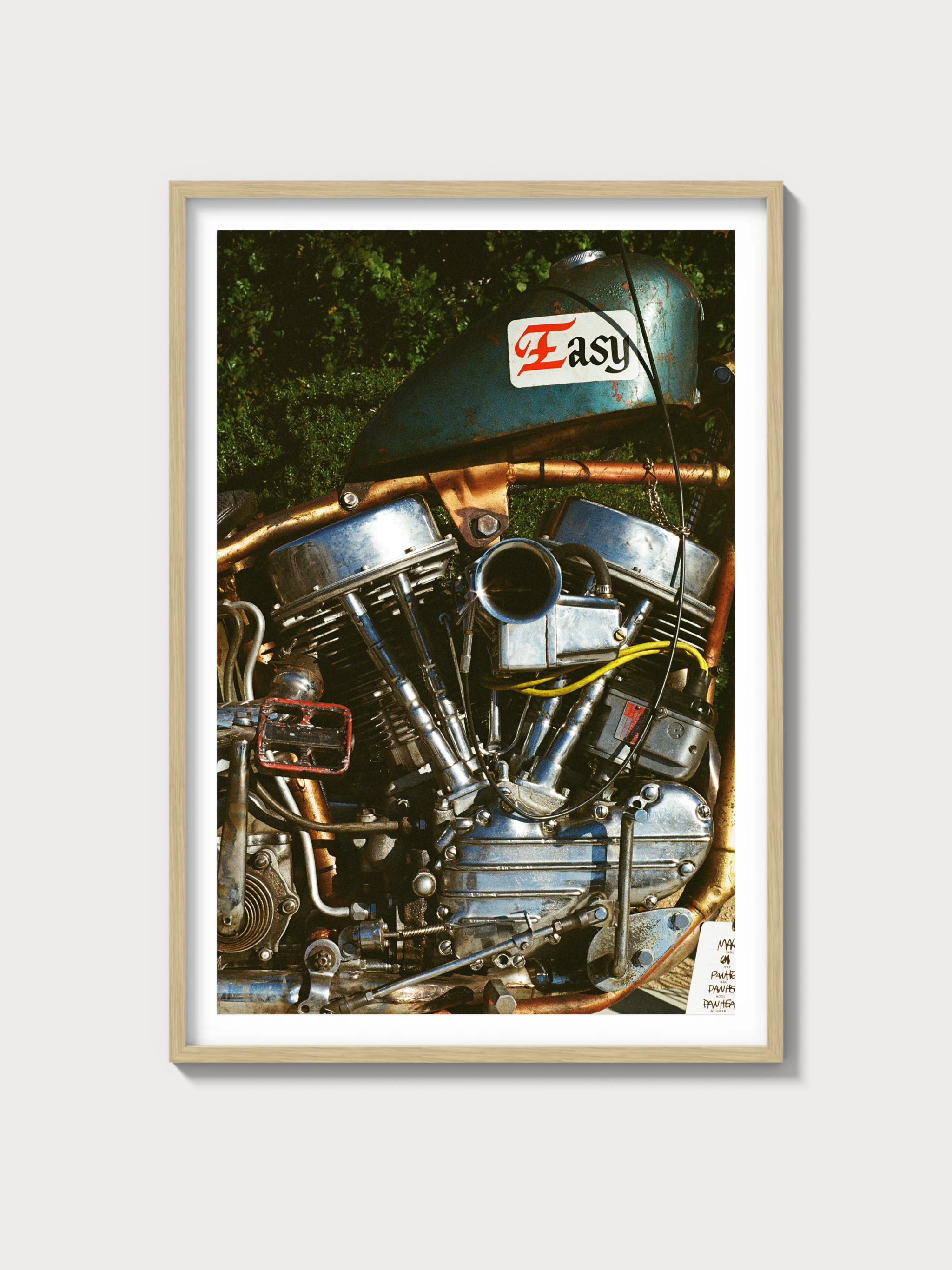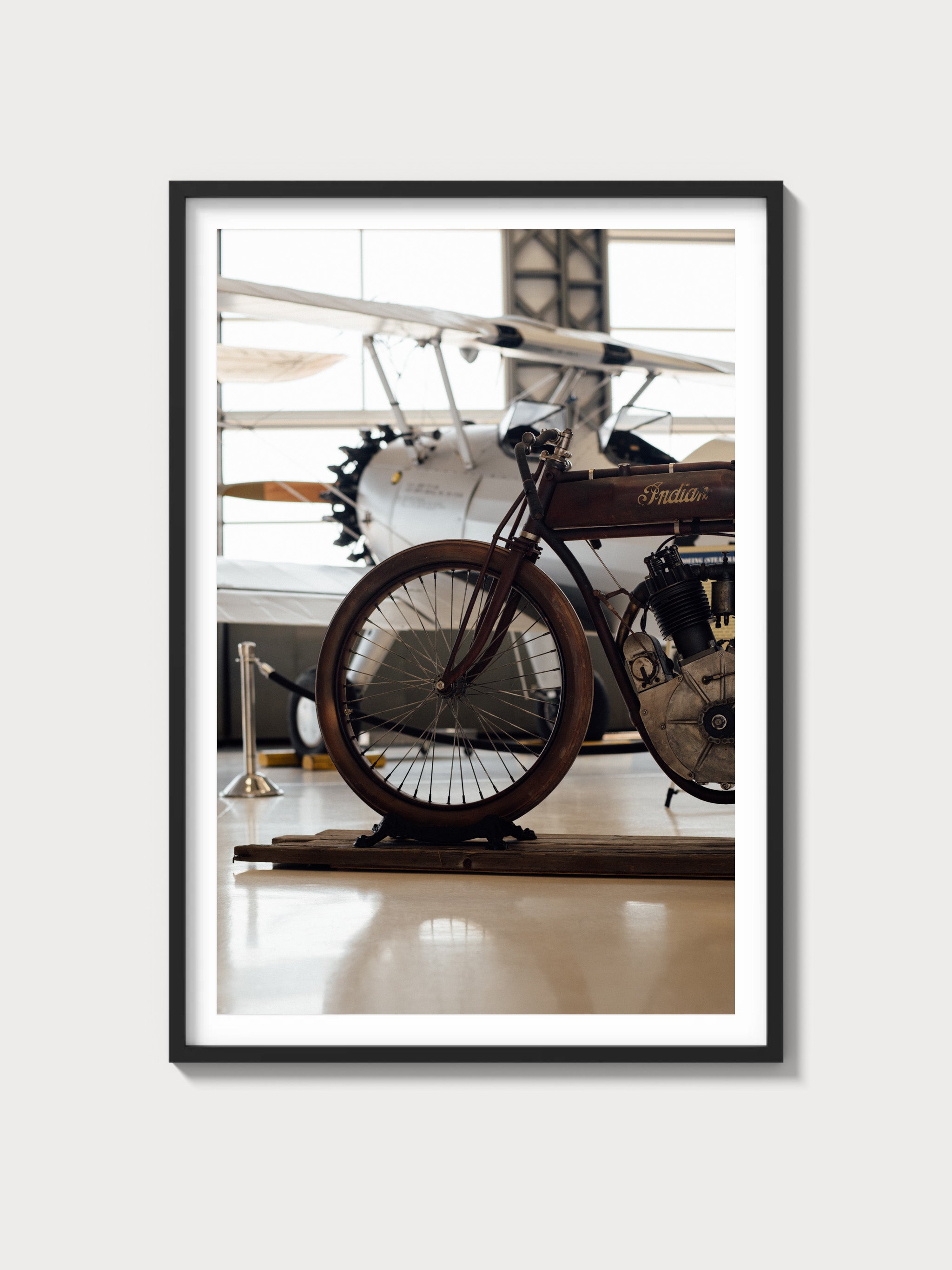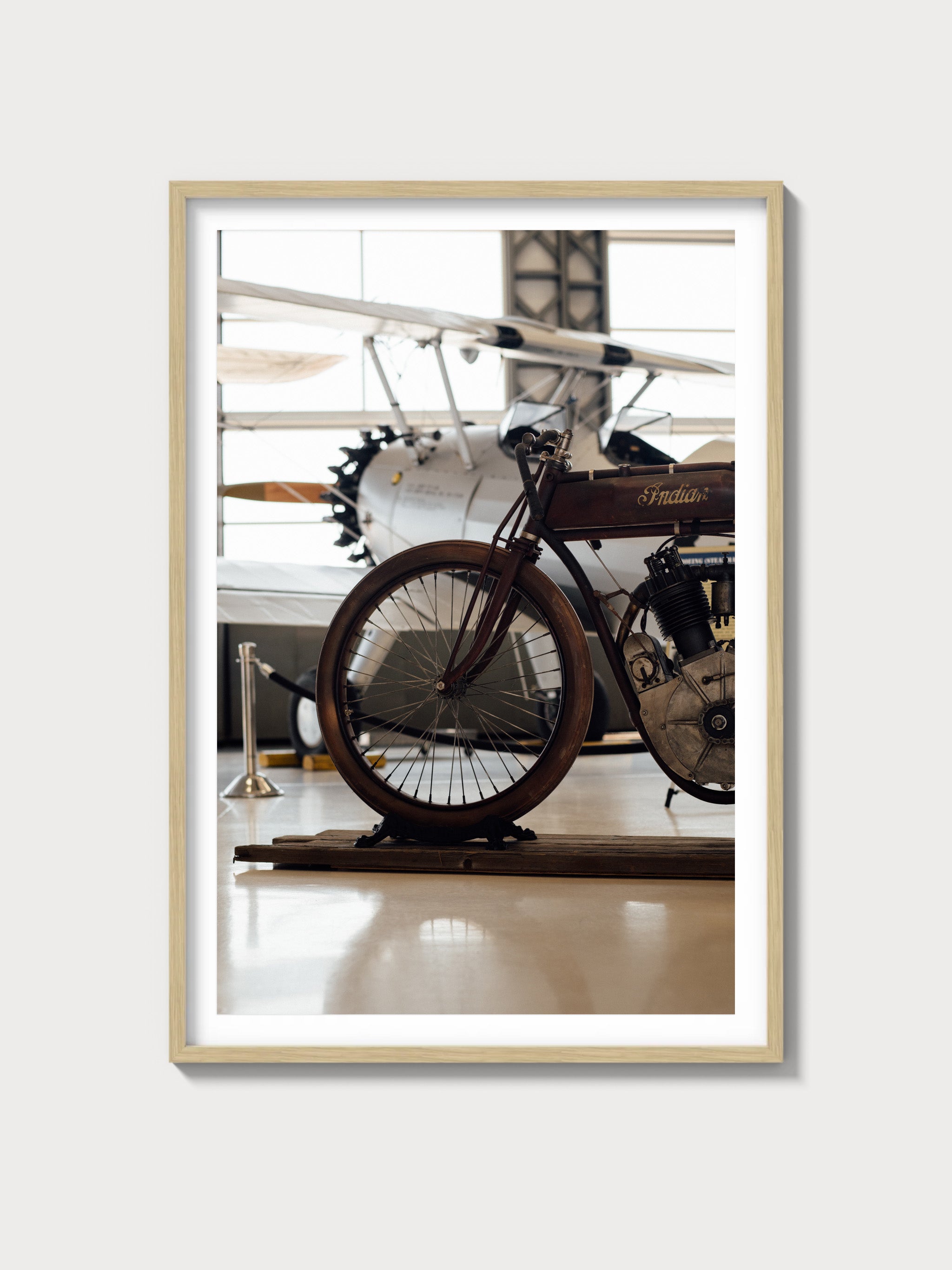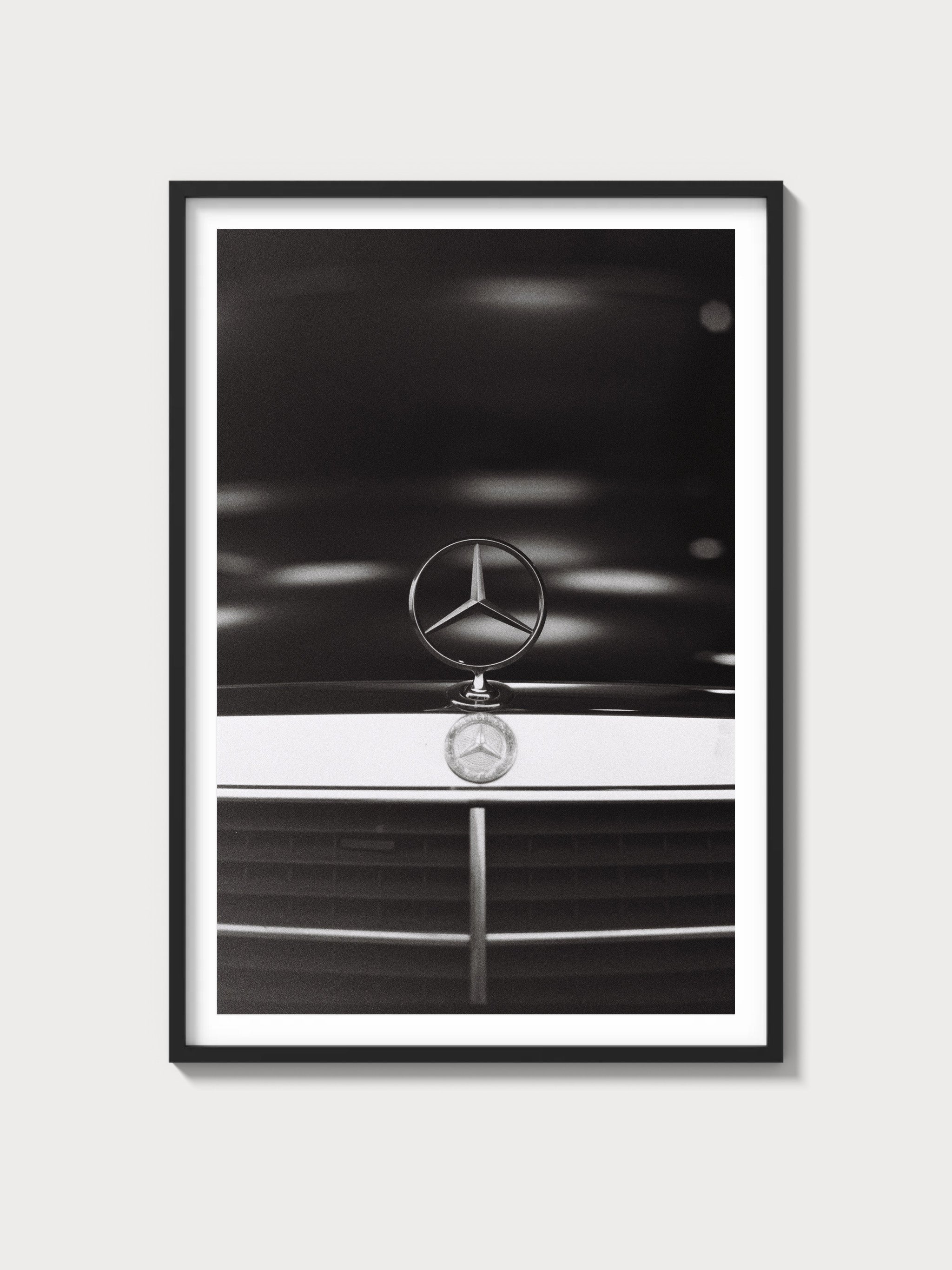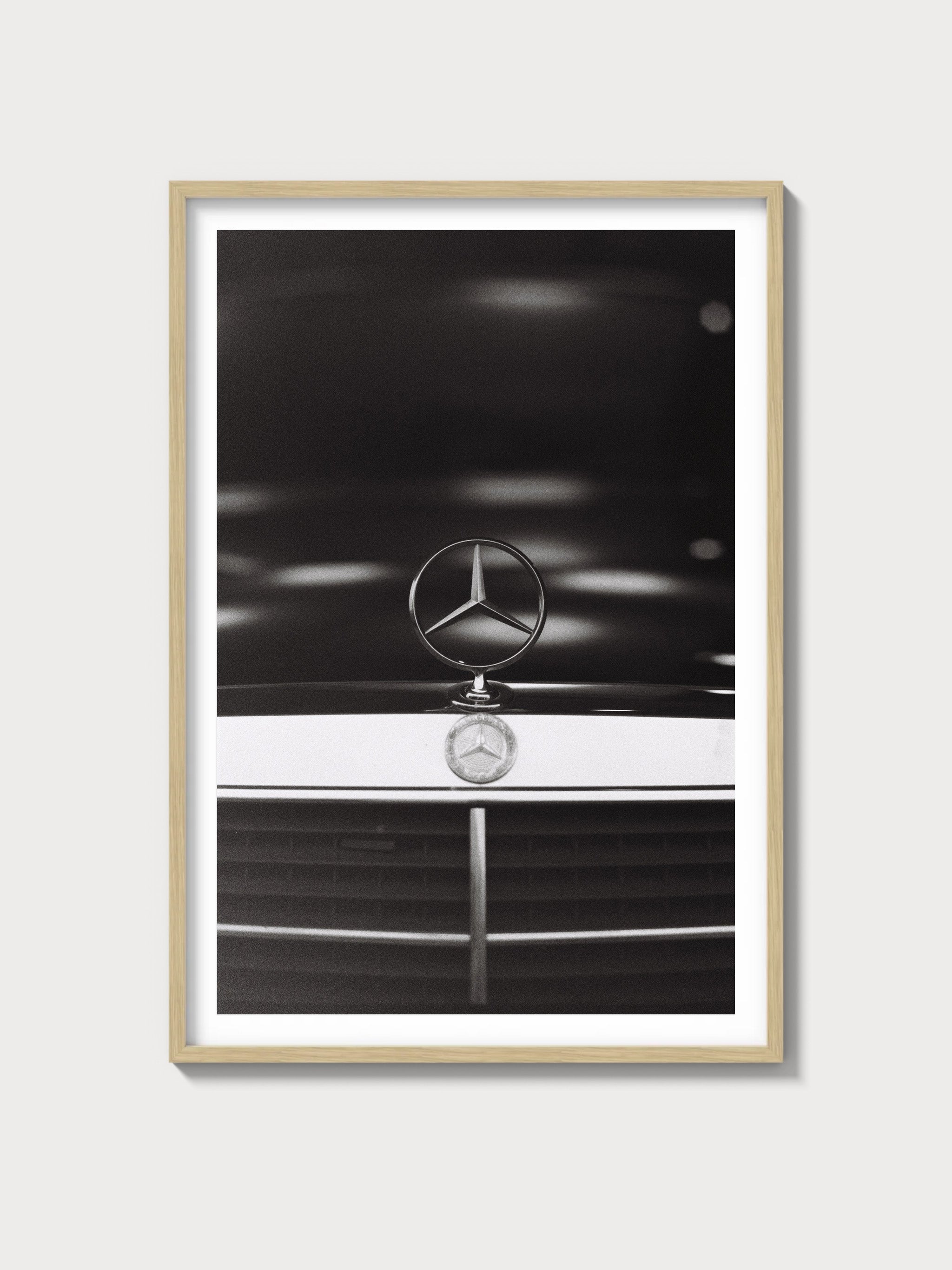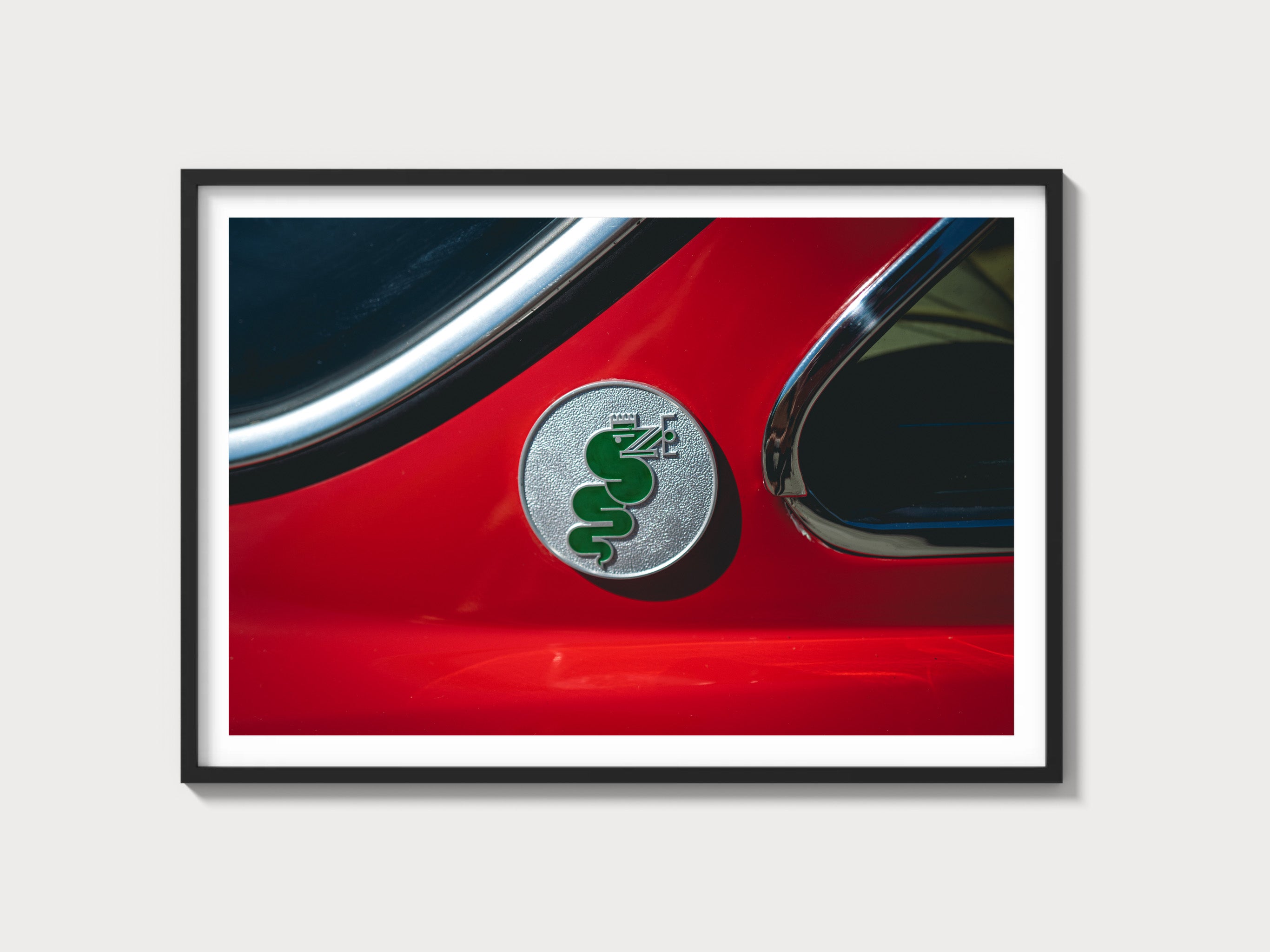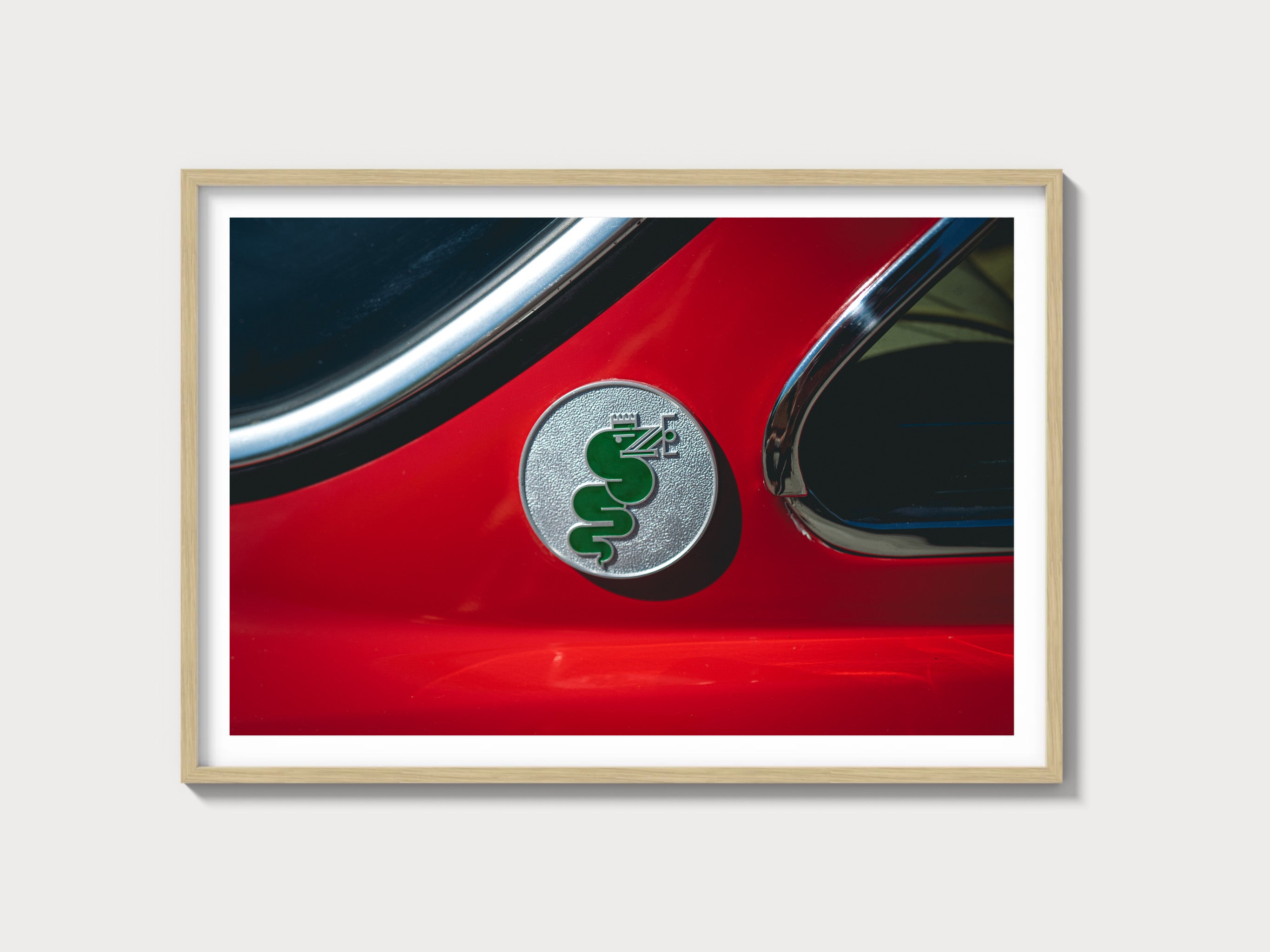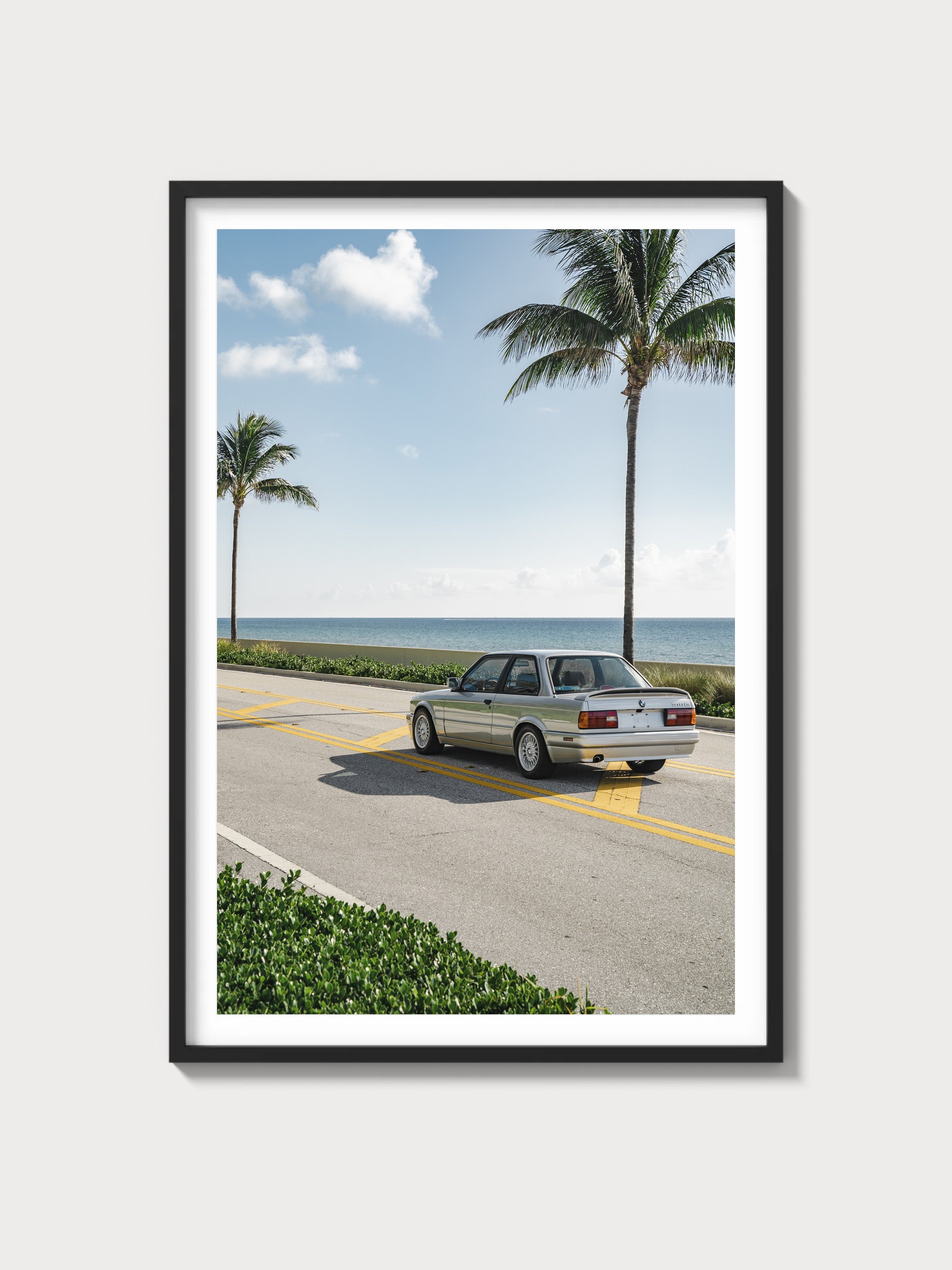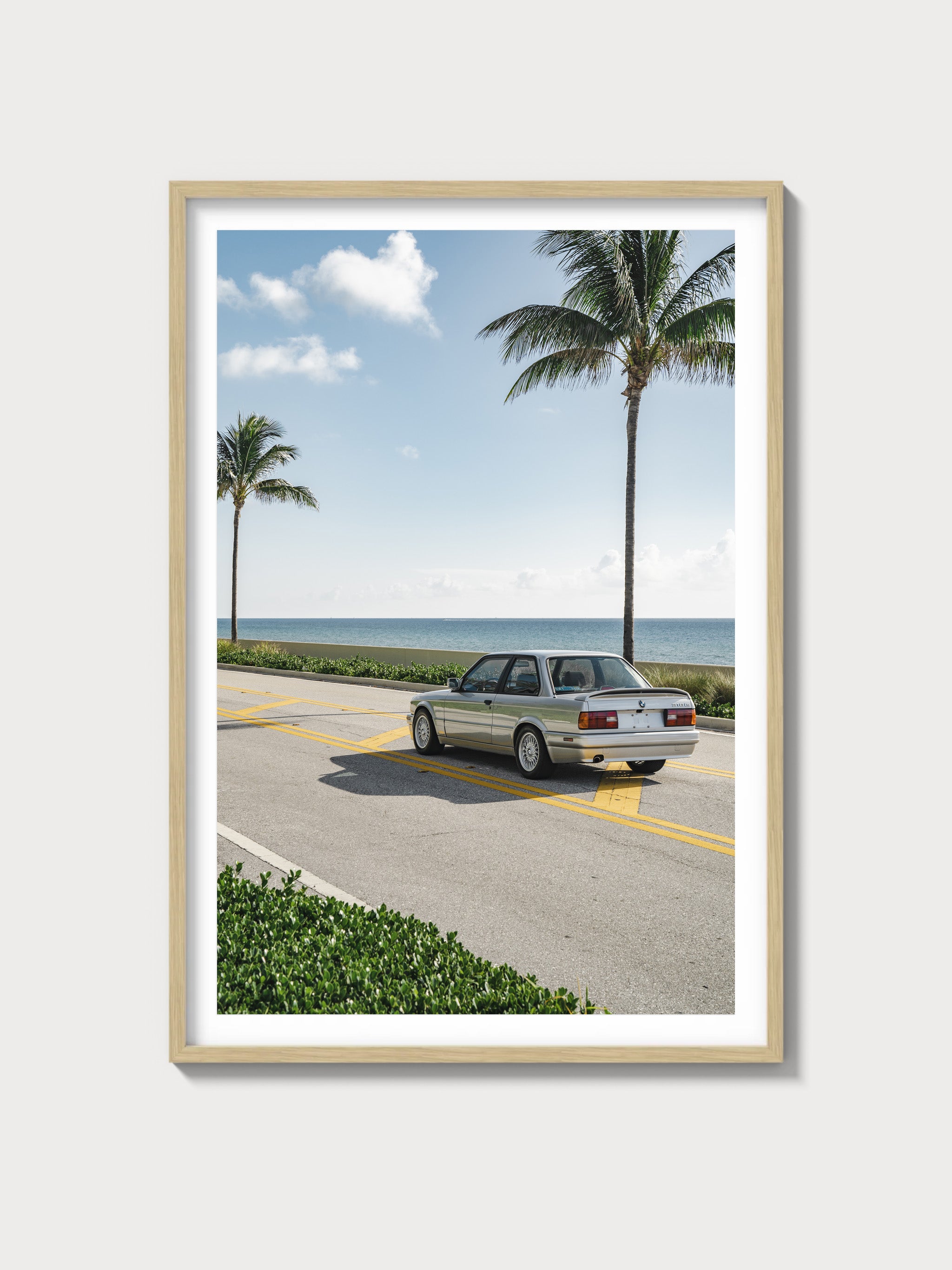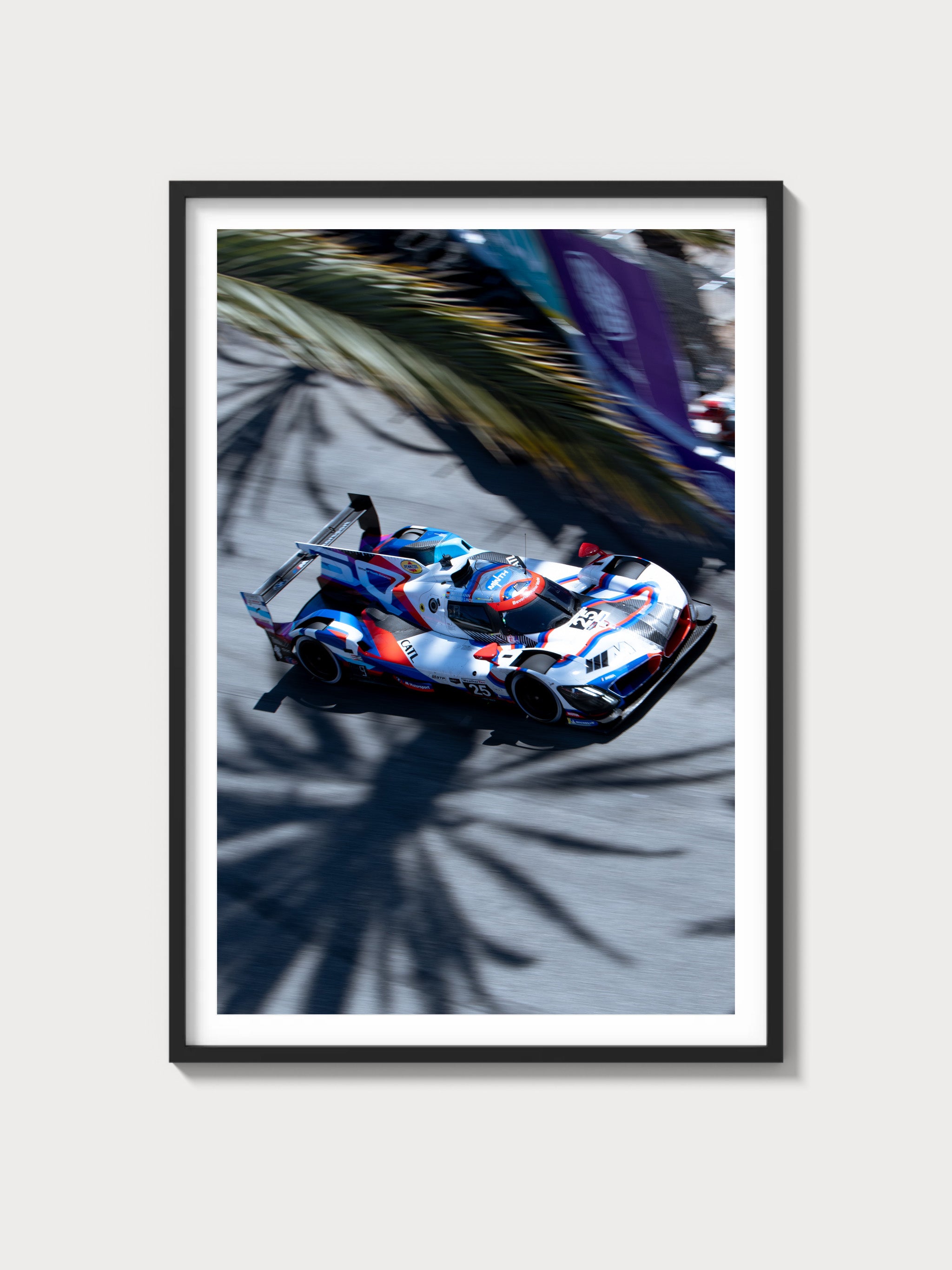An In-Depth Look at the 1992–1996 Ford Bronco Base
Historical Context and Development Background
The 1992-1996 Ford Bronco Base, part of the 5th generation Bronco family, represented Ford's enduring commitment to crafting powerful and versatile off-road vehicles. Originating in a time when SUVs were growing in popularity, the Bronco Base was designed to balance rugged off-road capabilities with on-road comfort. The 5th Gen Bronco was the last of its kind before a long hiatus, ending production in 1996. Competitors during this era included the Chevrolet Blazer and Jeep Cherokee, but the Bronco held its ground with a robust build and dedicated fanbase.
Engine and Technical Specs
| Specification | Details |
|---|---|
| Engine Configuration | V8 |
| Displacement | 5.0 L (302 cu in) |
| Horsepower | 200 hp |
| Induction Type | Natural Aspiration |
| Redline | 5,400 rpm |
| Fuel System | Electronic Fuel Injection |
| Compression | 9.0:1 |
| Bore/Stroke | 4.00 in / 3.00 in |
Driving Experience and Handling Dynamics
The Bronco Base was celebrated for its commanding road presence and off-road prowess. The suspension, featuring a Twin I-Beam front setup and leaf springs at the rear, provided a sturdy yet somewhat bouncy ride typical of vehicles in its class. The steering was direct, though not particularly communicative, and the throttle response was surprisingly swift for an SUV of its bulk. Drivers appreciated the smoothness of the 4-speed automatic gearbox, which complemented the vehicle's robust V8 engine.
Full Performance Specs
| Performance Metric | Specification |
|---|---|
| 0–60 mph | 10.3 seconds |
| Top Speed | 105 mph |
| Quarter Mile | 17.8 seconds |
| Weight | 4,500 lbs |
| Layout | FR (Front-engine, Rear-wheel drive) |
| Brakes | Disc/Drum |
| Suspension | Front: Twin I-Beam, Rear: Leaf Springs |
| Gearbox Type | 4-speed automatic |
Variant Breakdown
- Base Model: Standard features with V8 engine, primarily in white and black. Production numbers were robust, catering to the mainstream market.
- XLT: Offered additional comfort and convenience features, such as power windows and improved upholstery.
- Eddie Bauer Edition: Distinctive for its two-tone paint, luxurious interior, and exclusive badging, representing a more upscale choice for buyers.
Ownership Notes
Maintaining a 1992-1996 Ford Bronco Base requires a keen eye on routine checks, especially the suspension components due to their intensive off-road use. Parts availability remains relatively good, thanks to a dedicated aftermarket scene. Restoration can vary in difficulty, largely dependent on the vehicle's rust condition, a common issue in older Broncos. Regular service intervals include oil changes every 3,000 miles and transmission checks every 30,000 miles.
Cultural Relevance
The Bronco's cultural footprint expanded significantly in the 1990s, partly due to its association with high-profile events and media appearances. Its rugged charm and nostalgic value have made it a sought-after classic, with auction prices steadily rising. Despite its absence from the racing scene, the Bronco's legacy as a versatile off-roader endures, drawing interest from collectors and enthusiasts alike.
FAQs
- Is the 1992-1996 Ford Bronco Base reliable? Known for its durability, provided regular maintenance is observed.
- What are the known problems with the 1992-1996 Bronco Base? Common issues include rust, particularly around the tailgate, and wear on suspension components.
- How does the value of the 1992-1996 Bronco Base trend? The value has seen an upward trend, reflecting growing interest in classic SUVs.
- Are parts for the 1992-1996 Bronco readily available? Yes, thanks to a robust aftermarket community and the vehicle's popularity.

